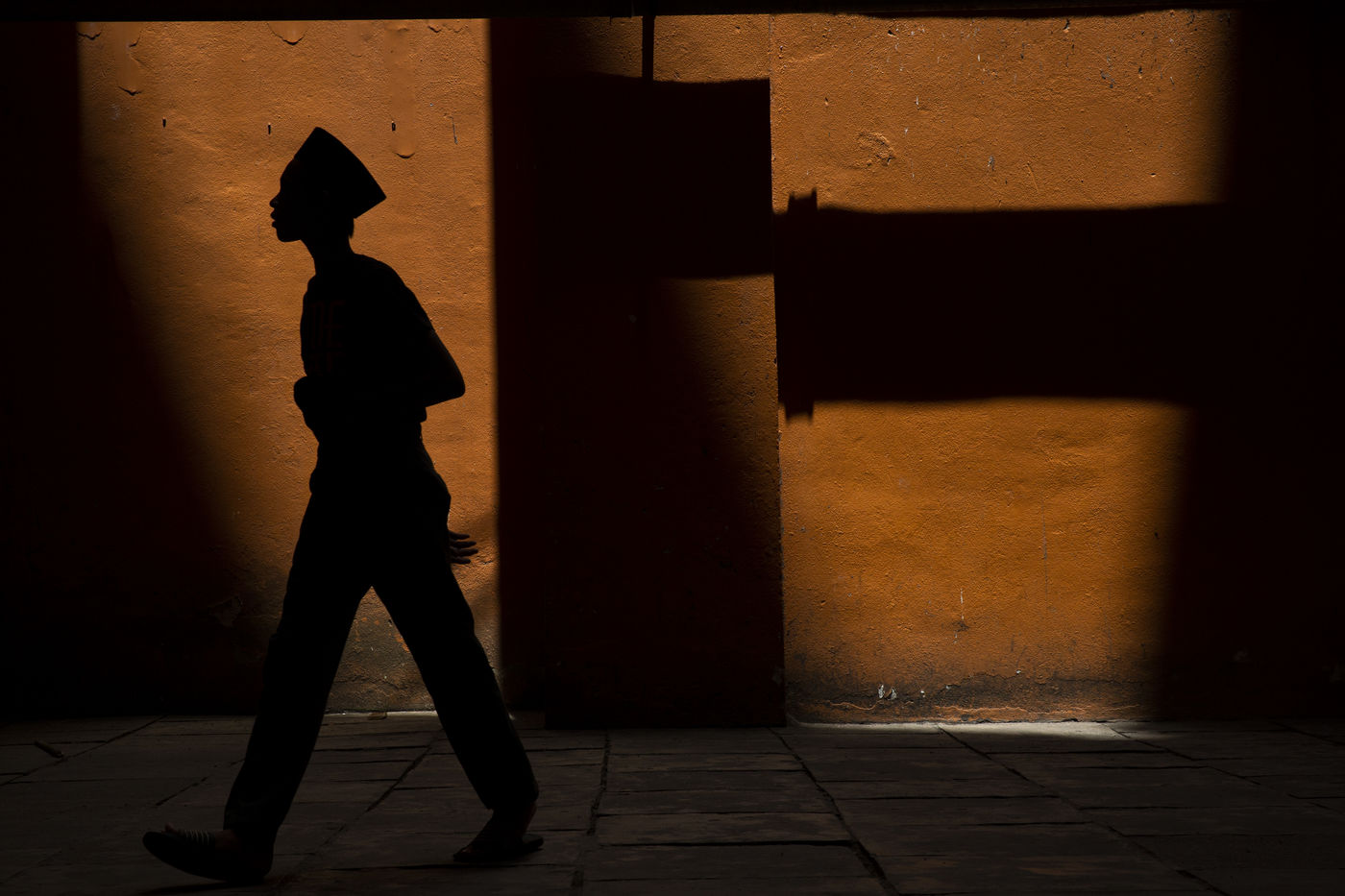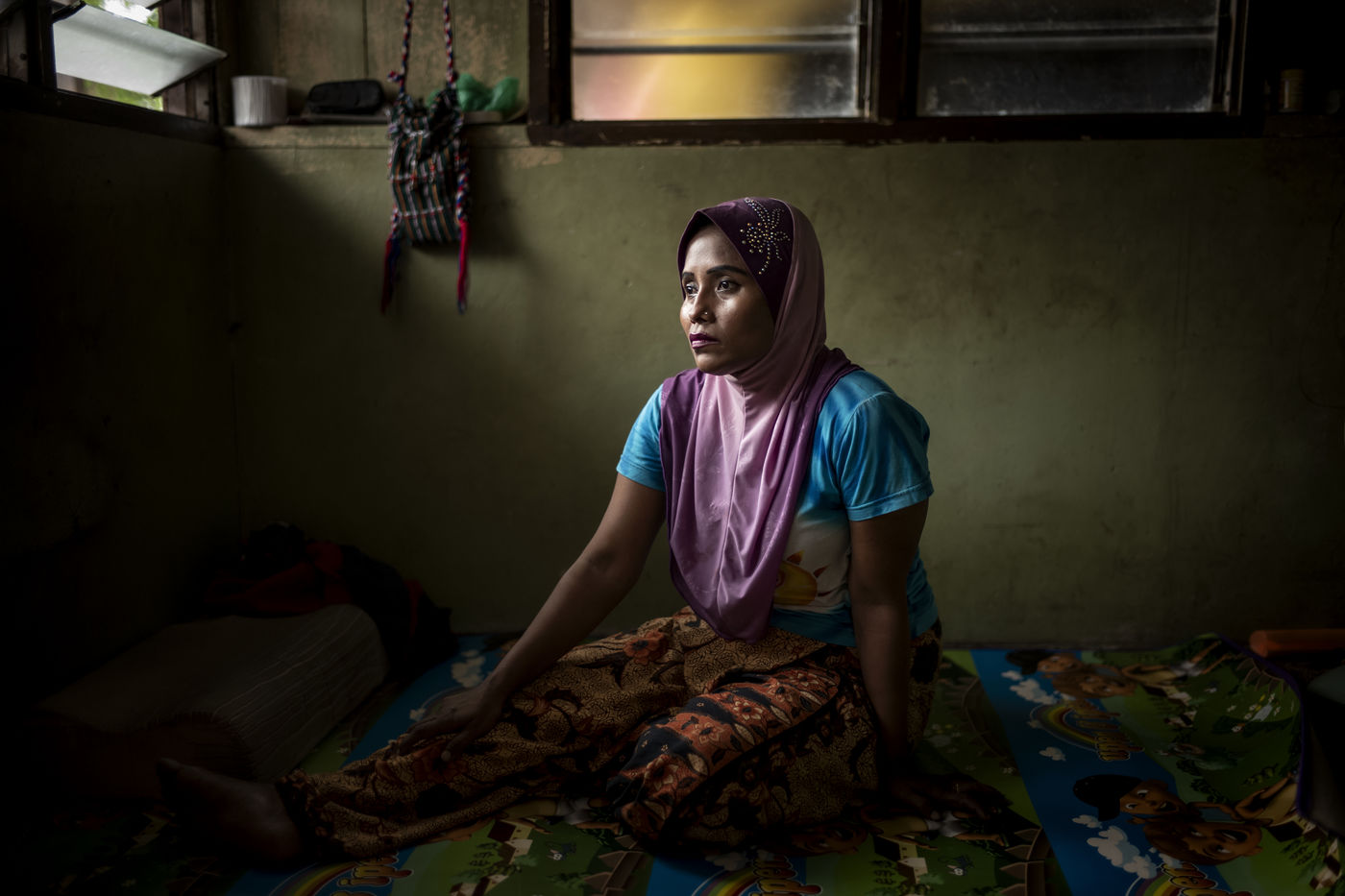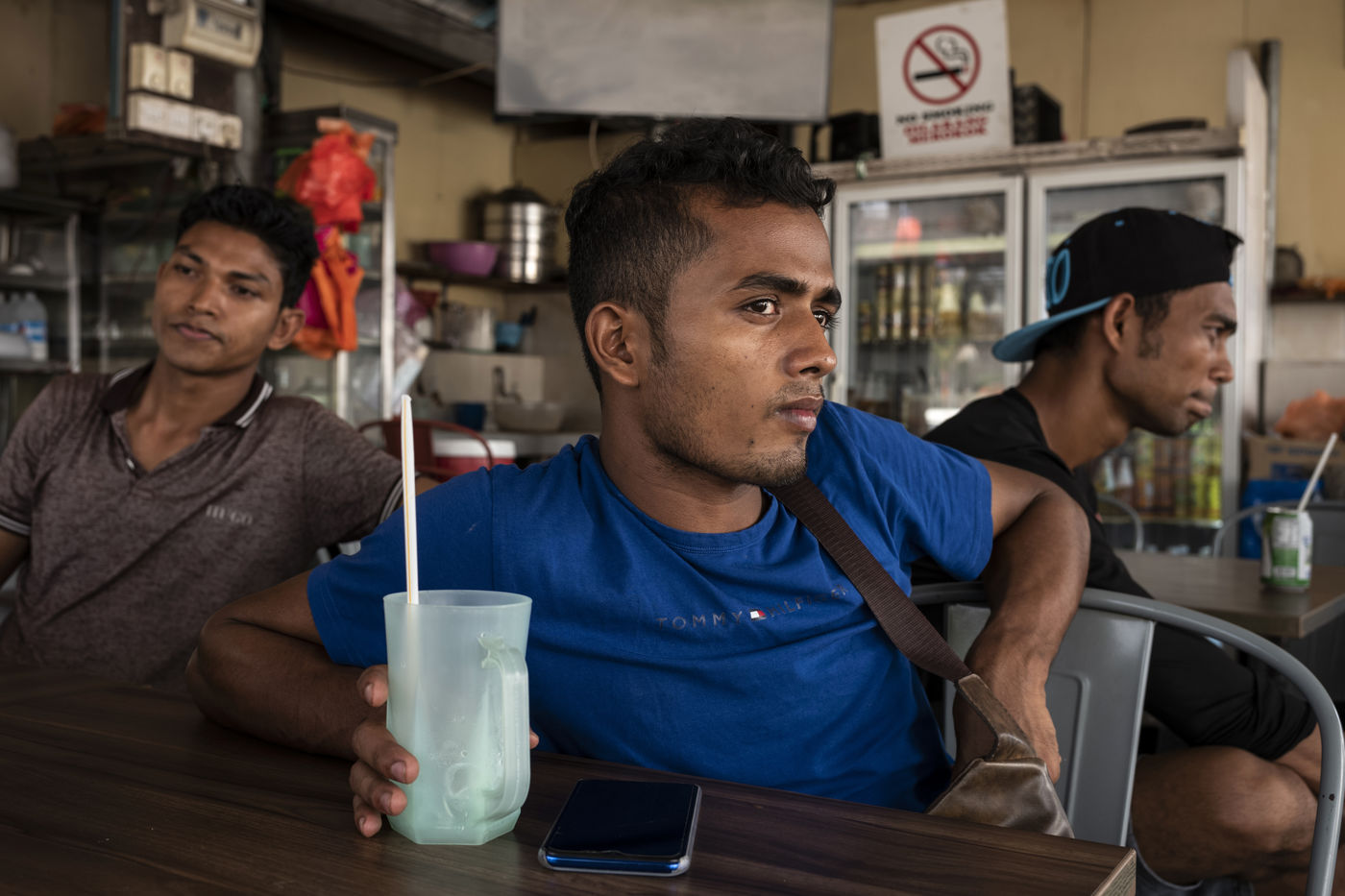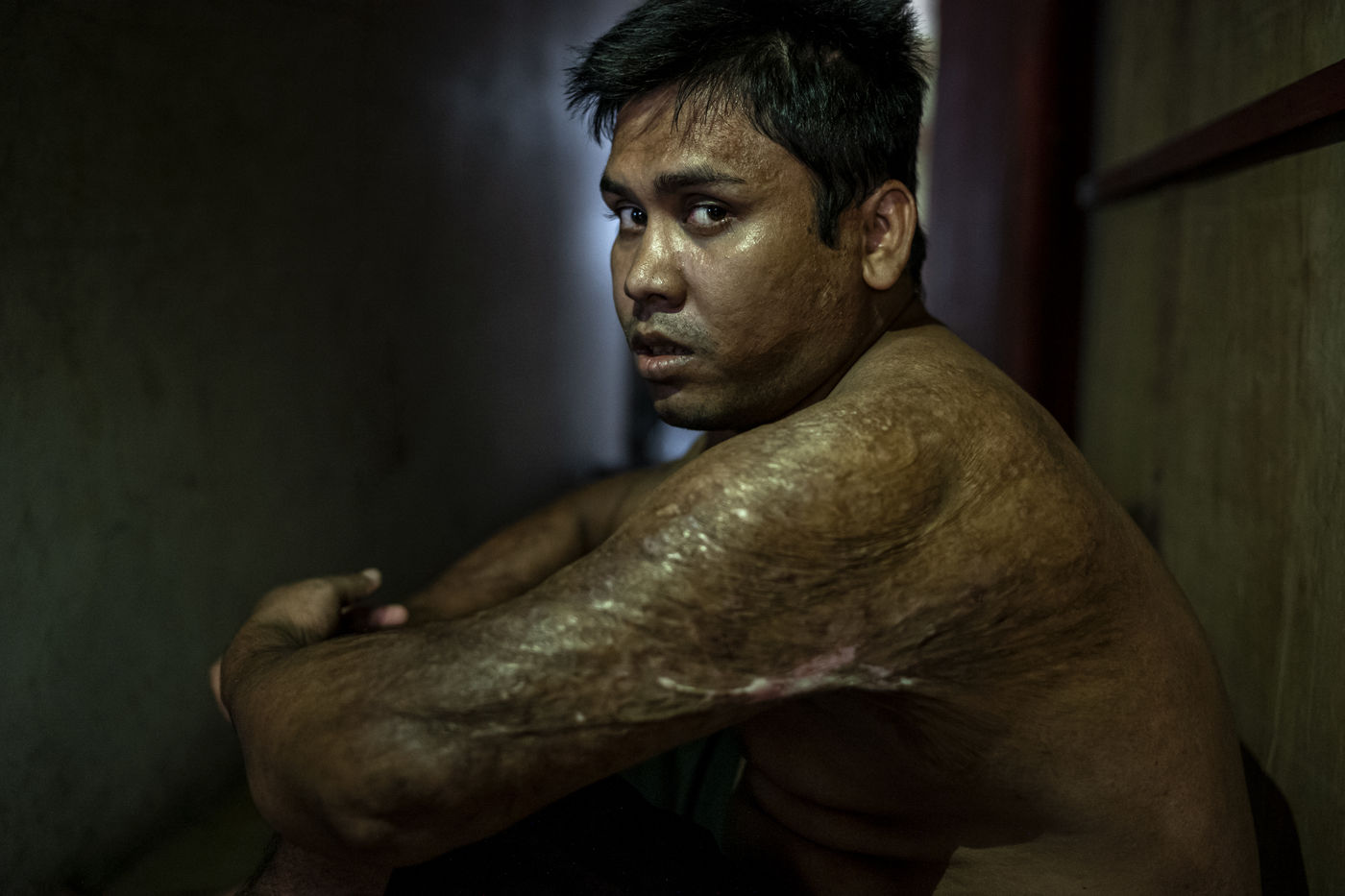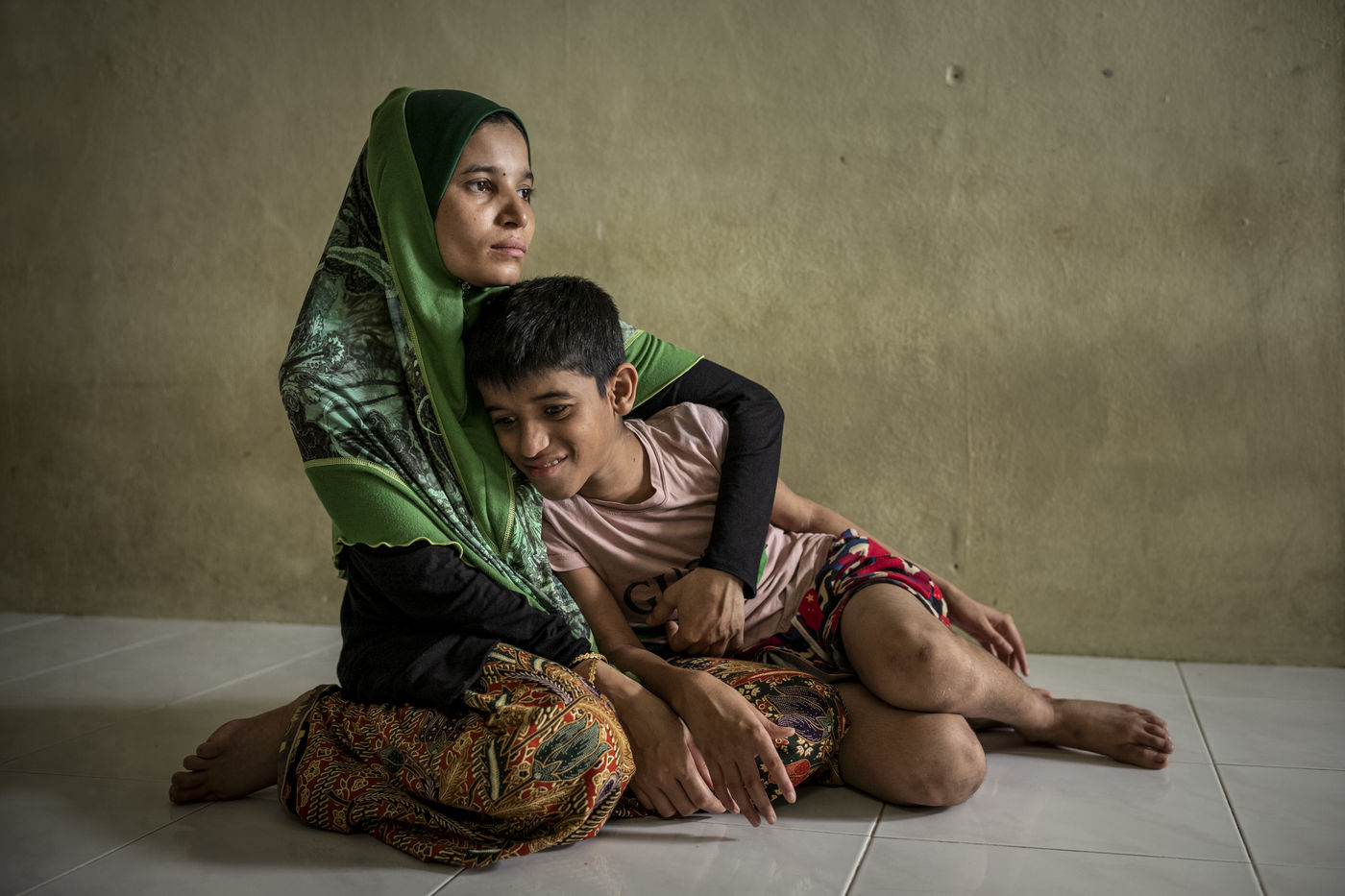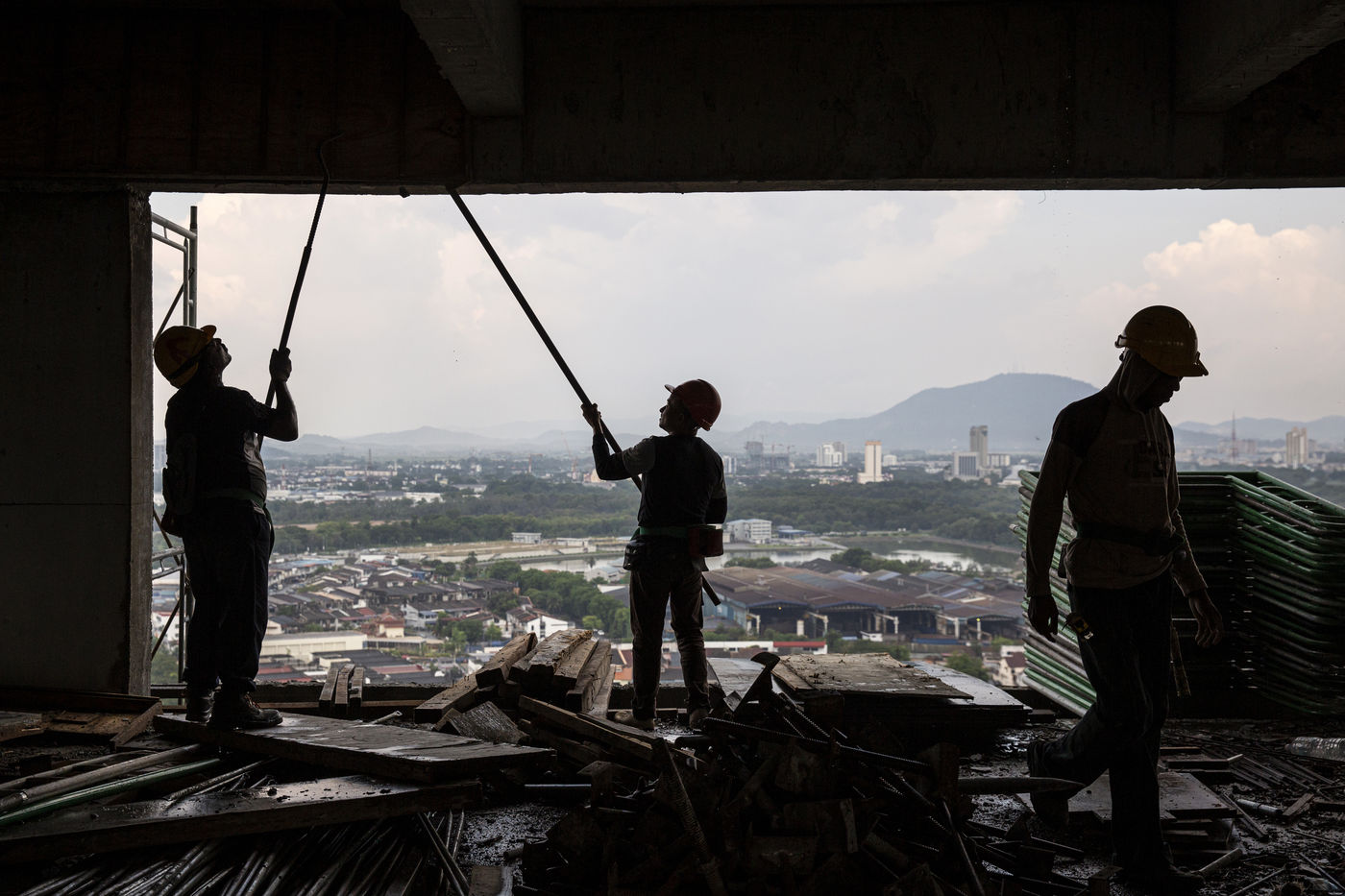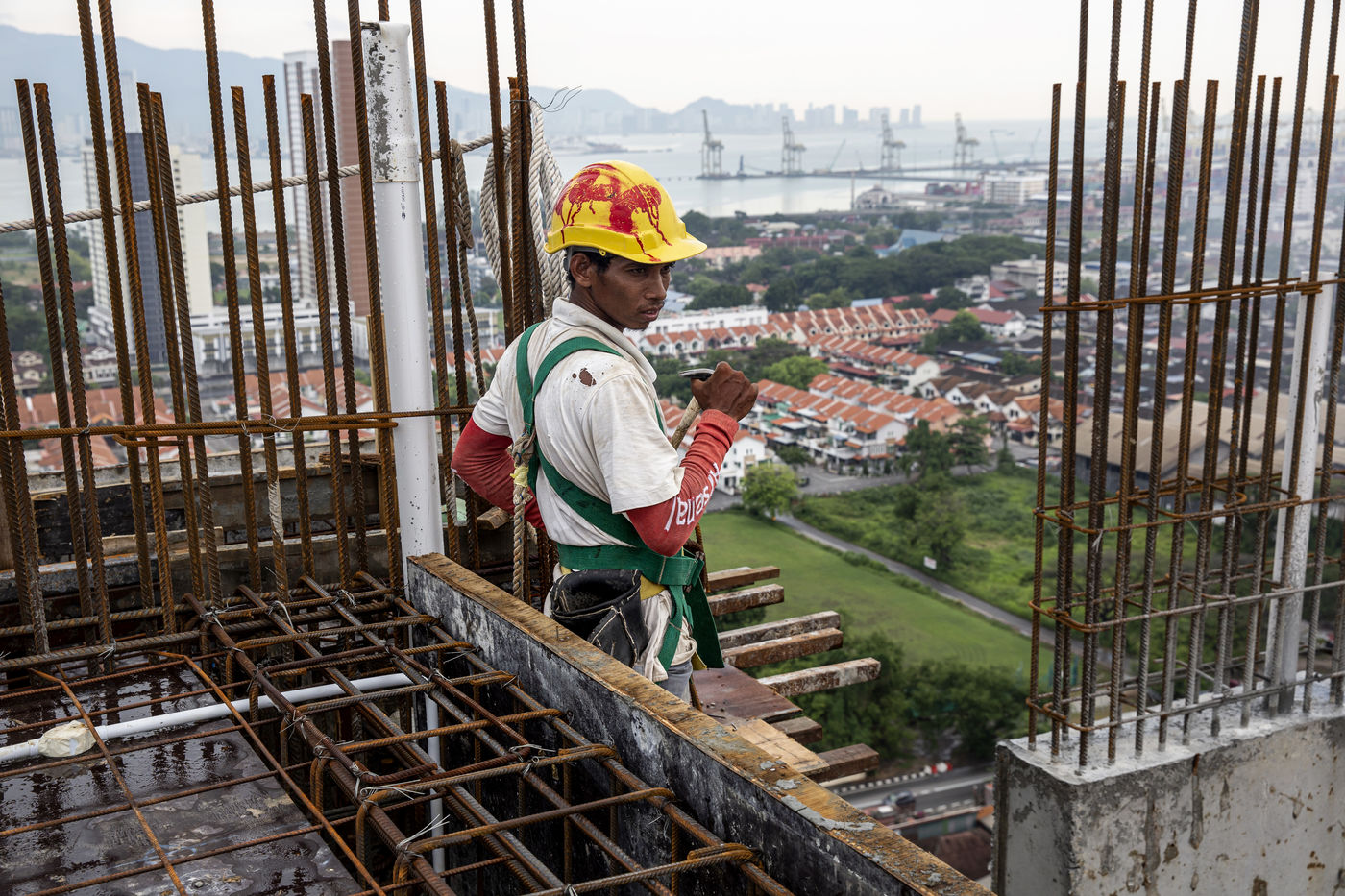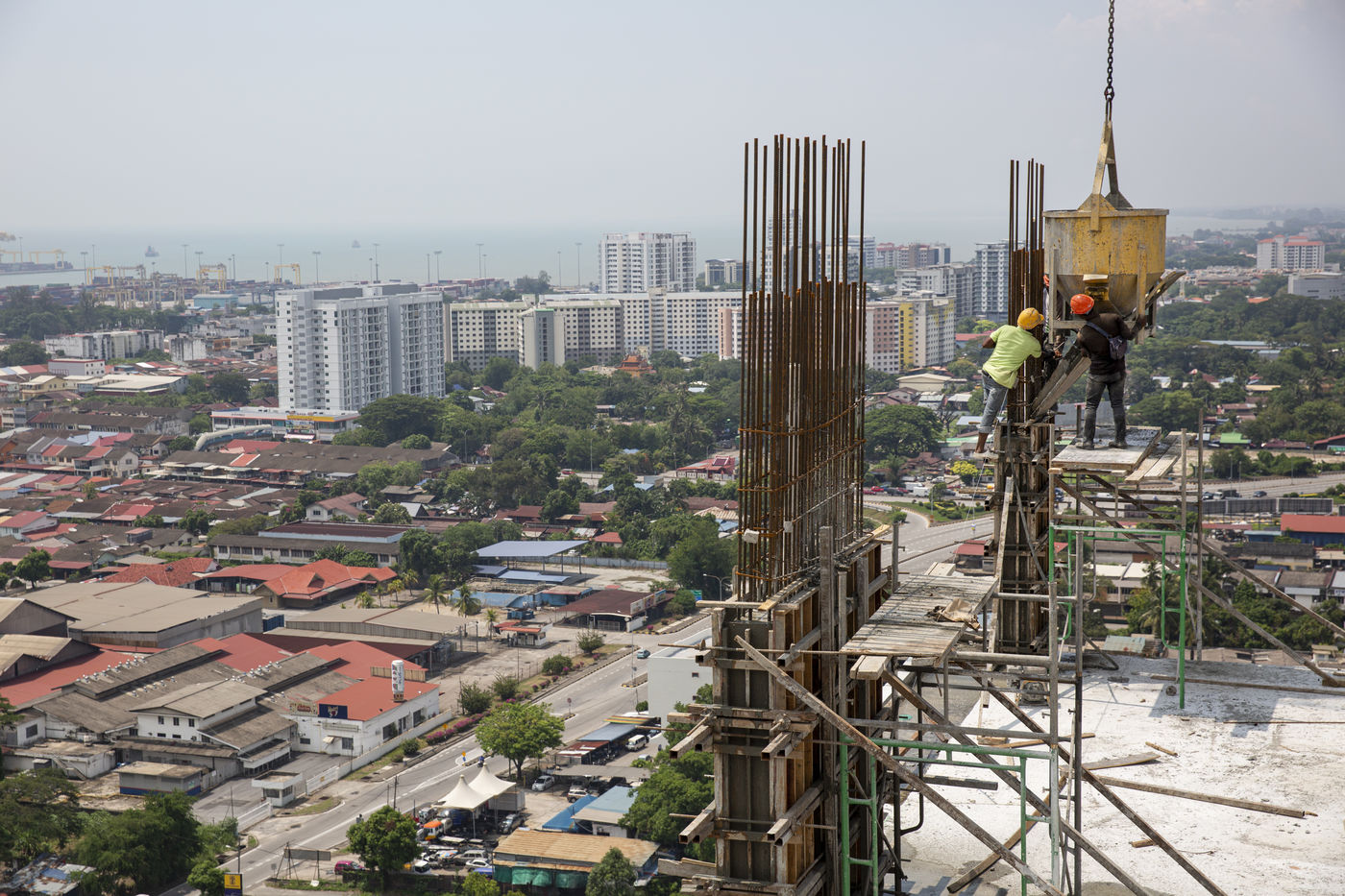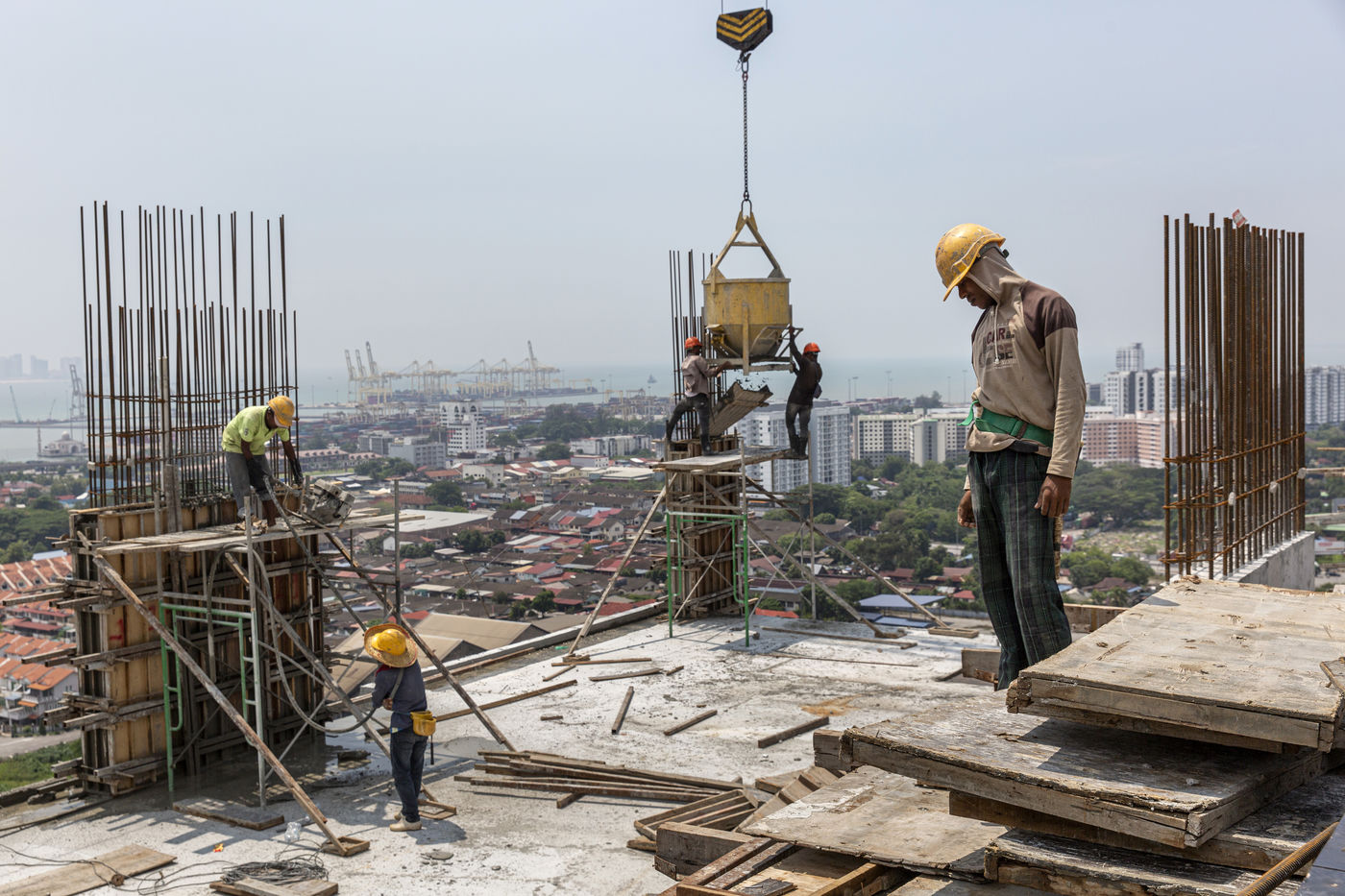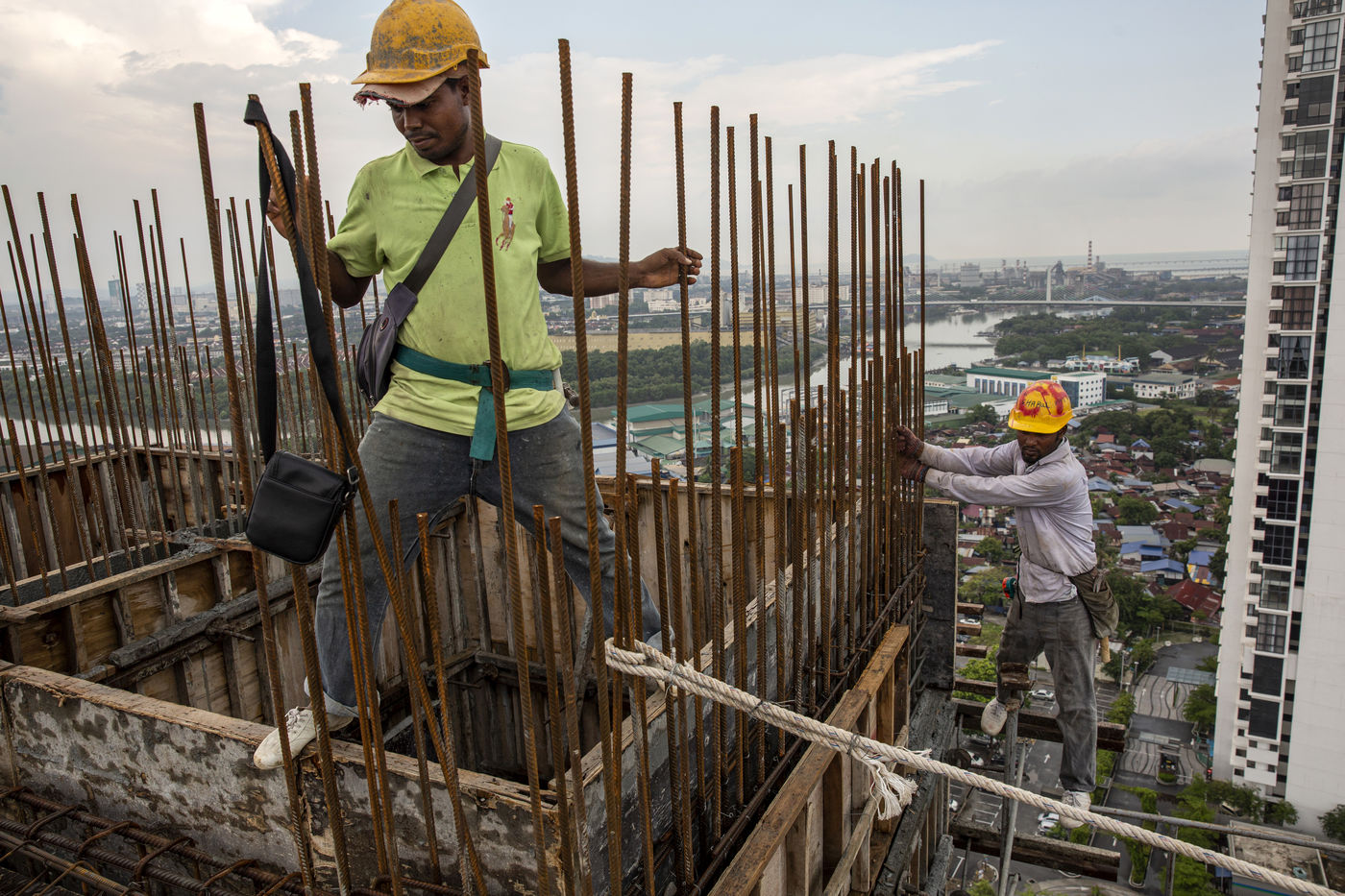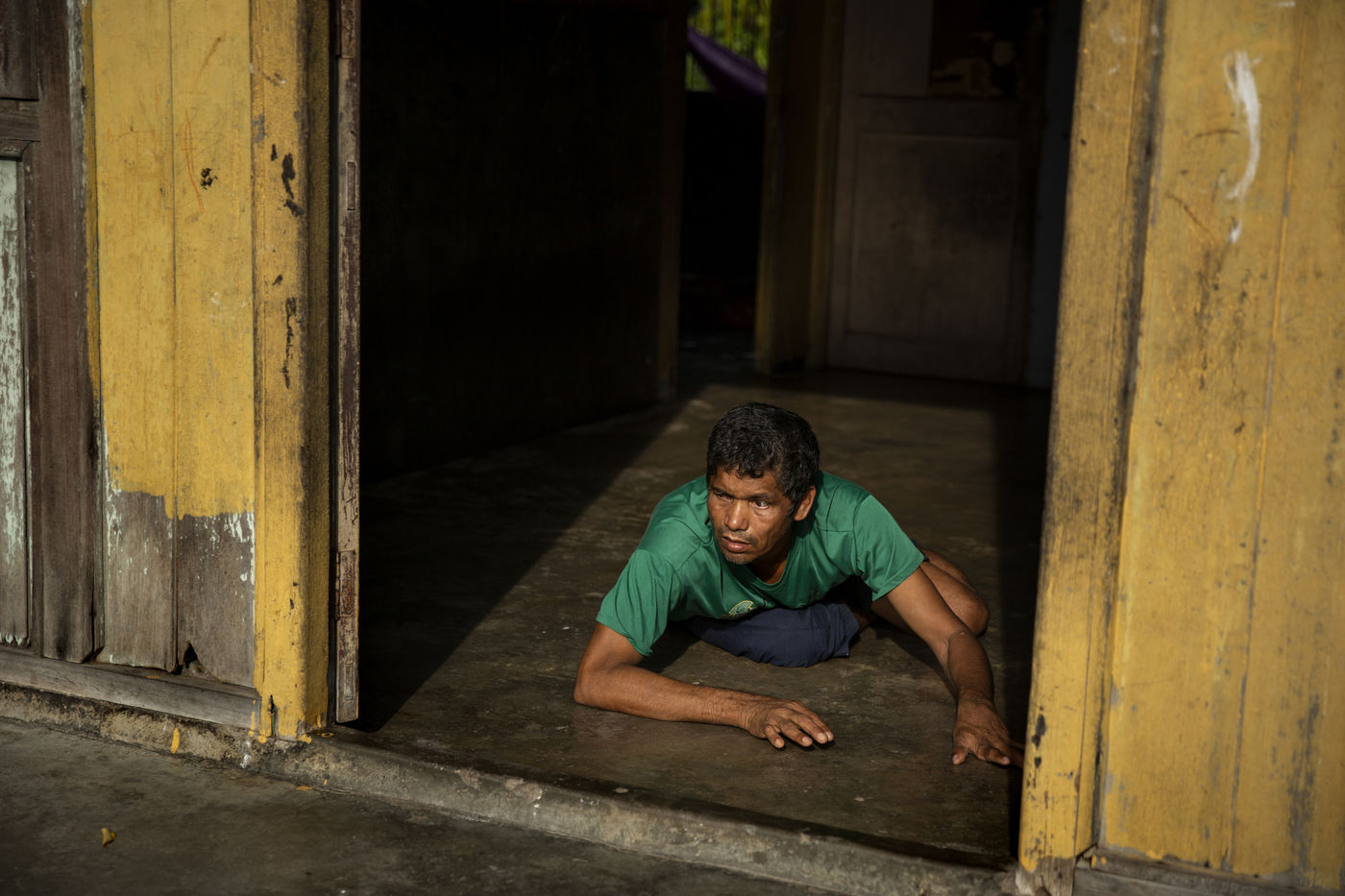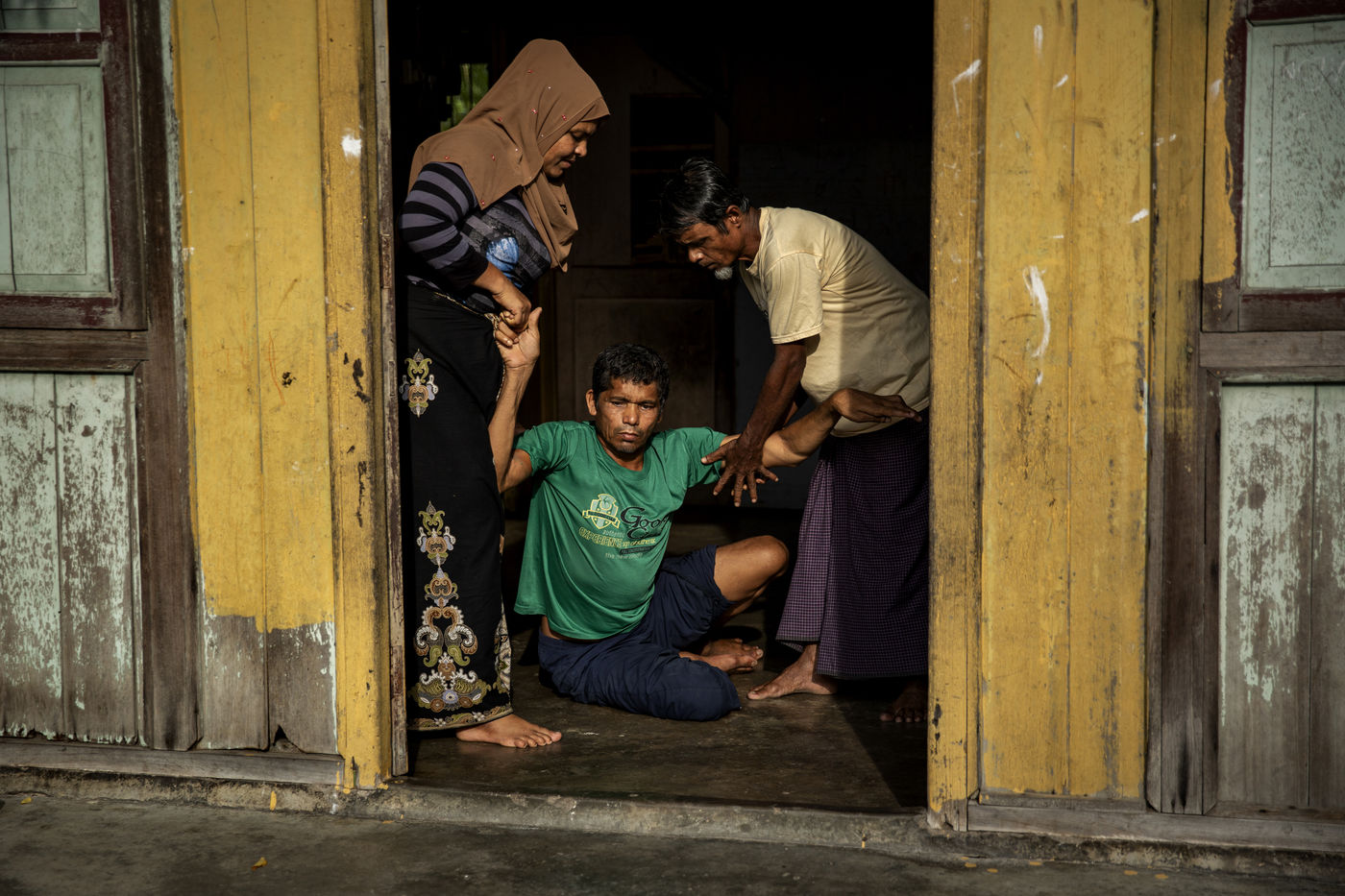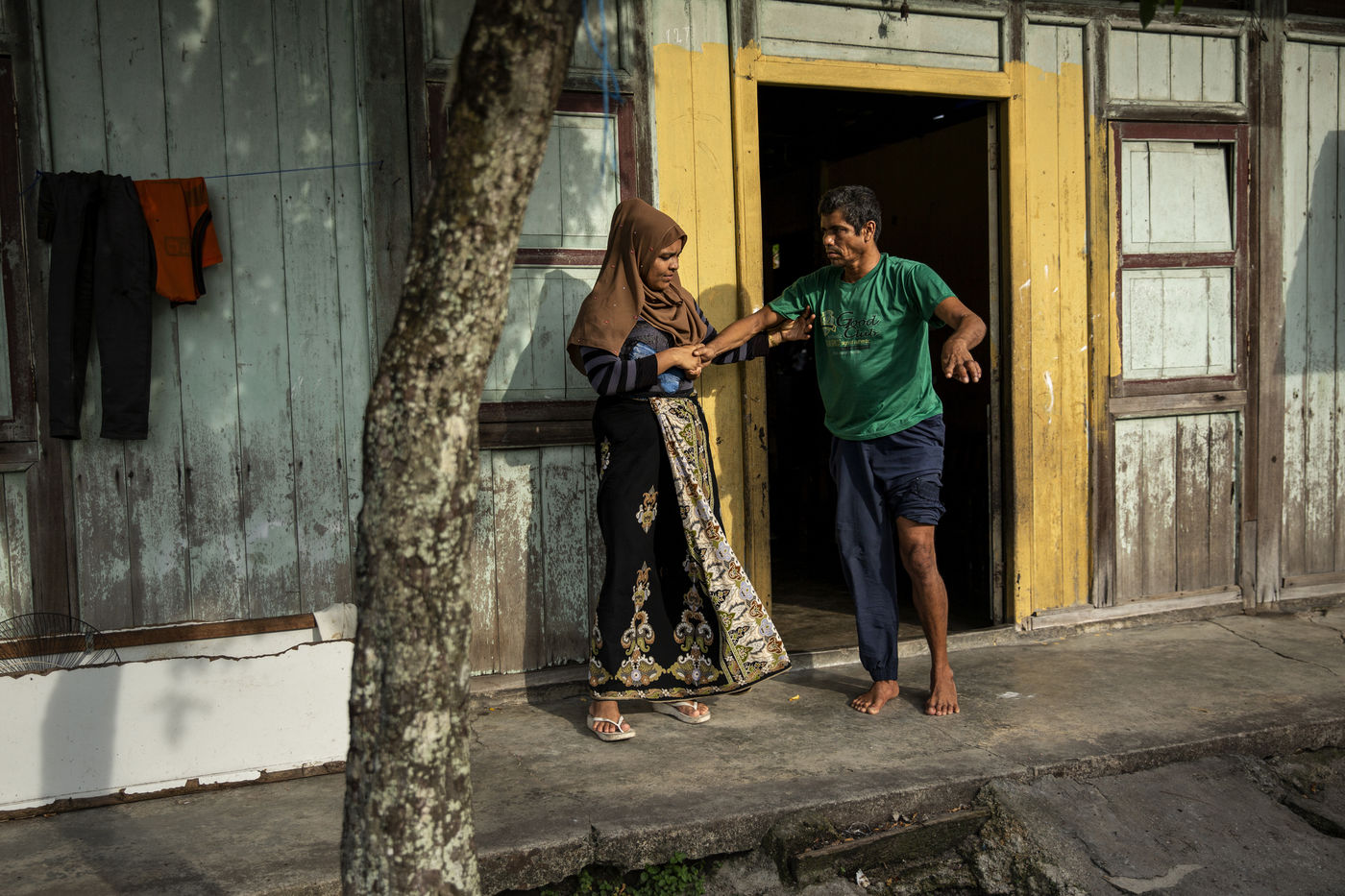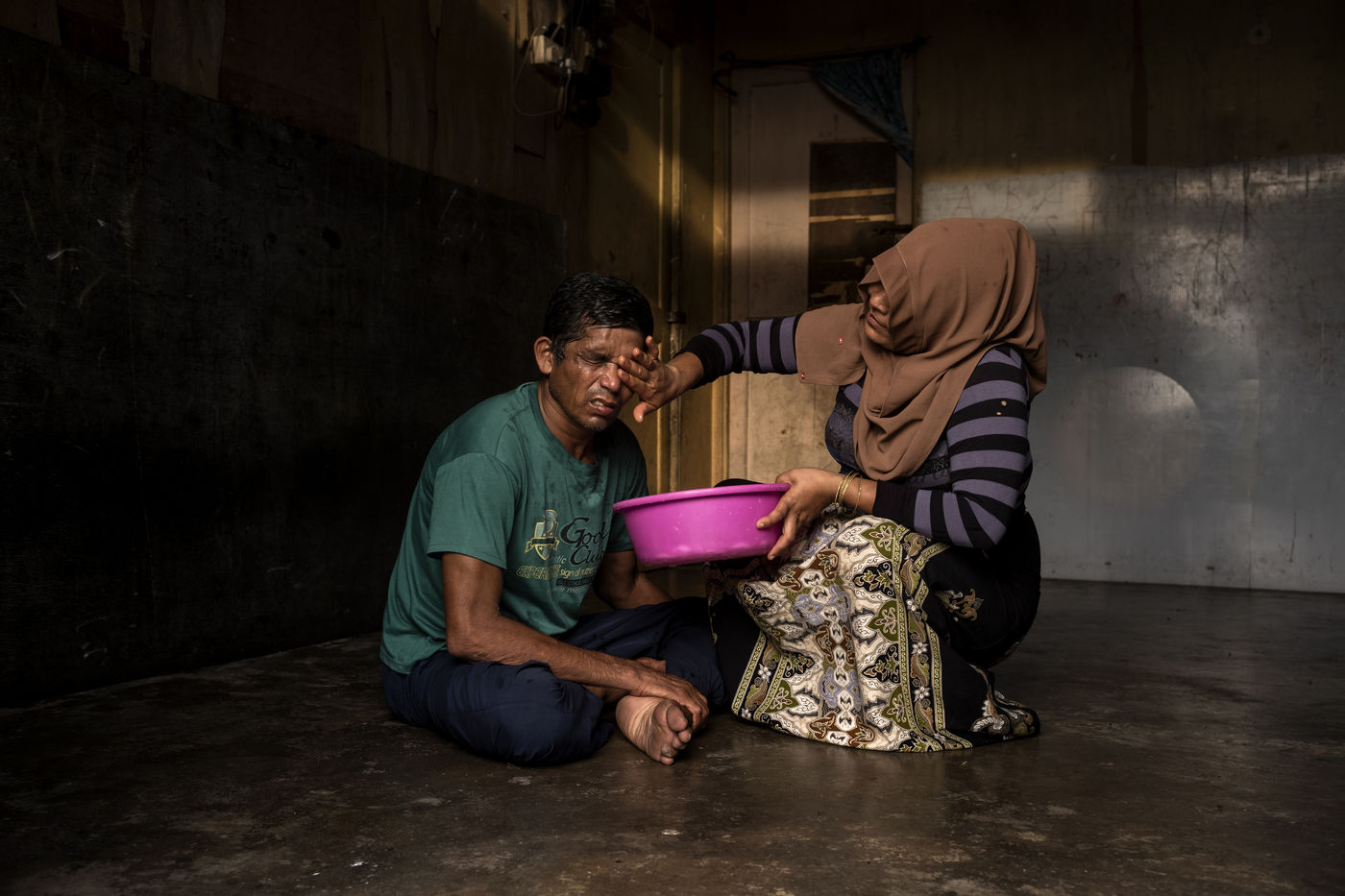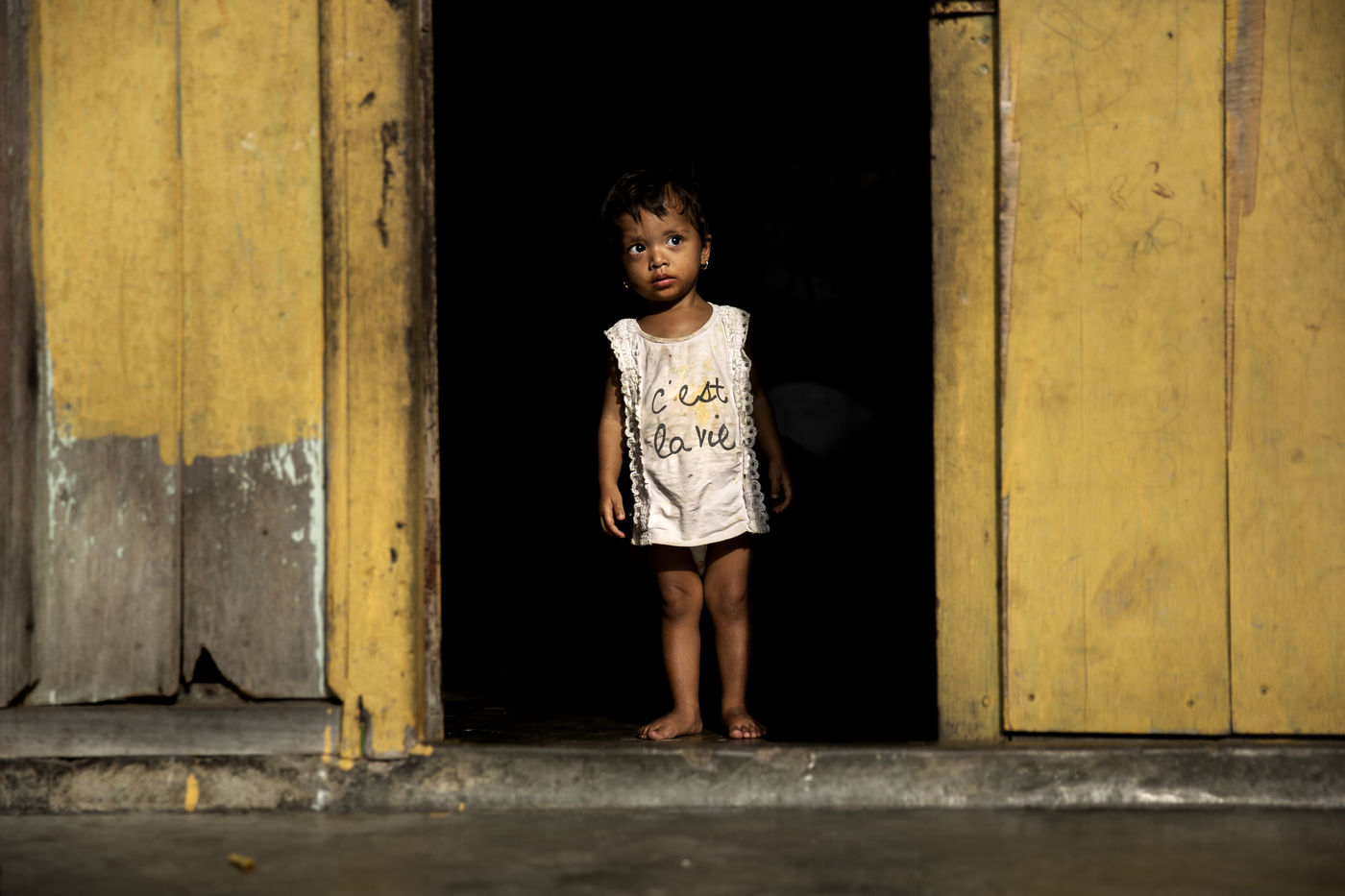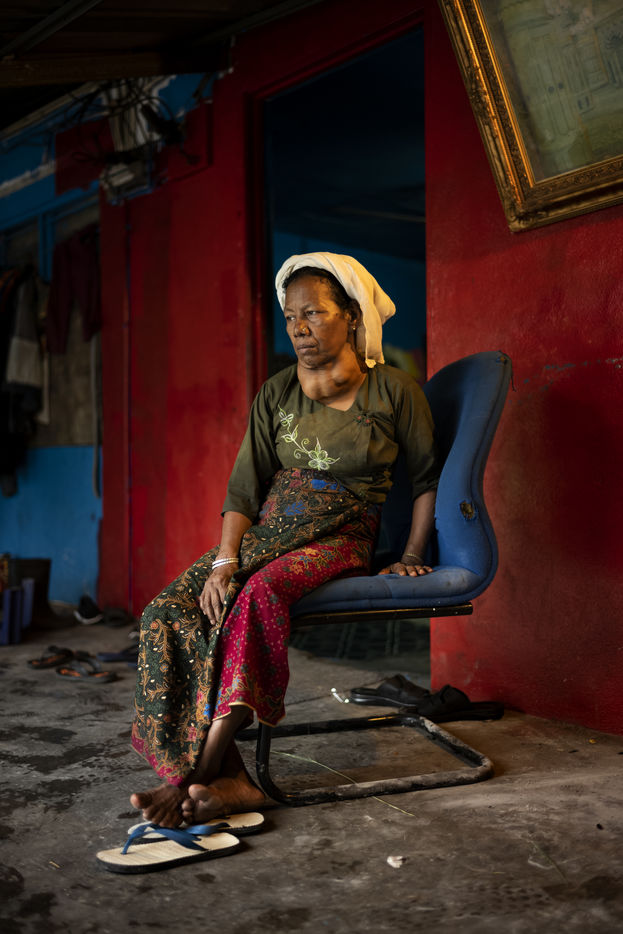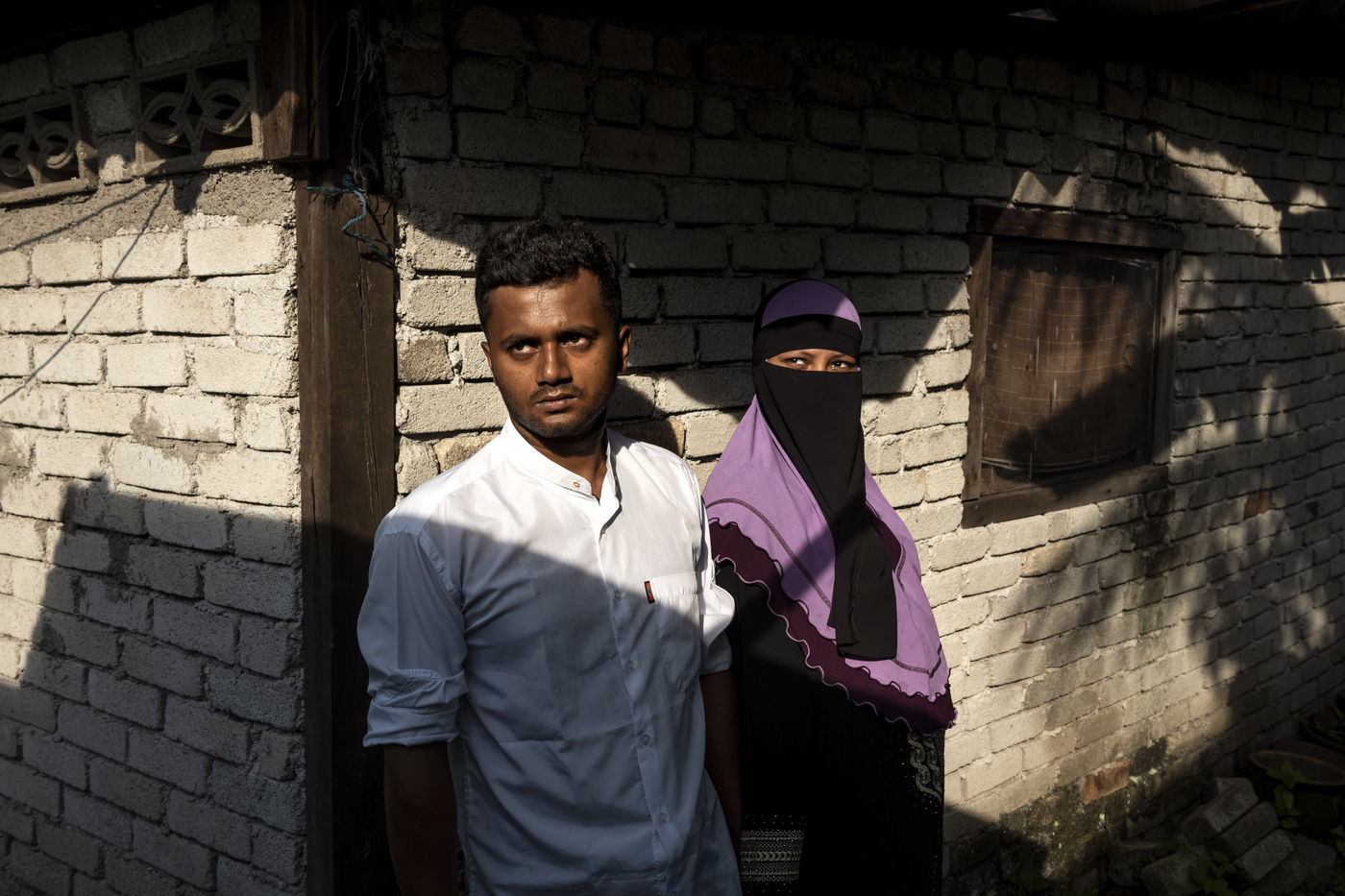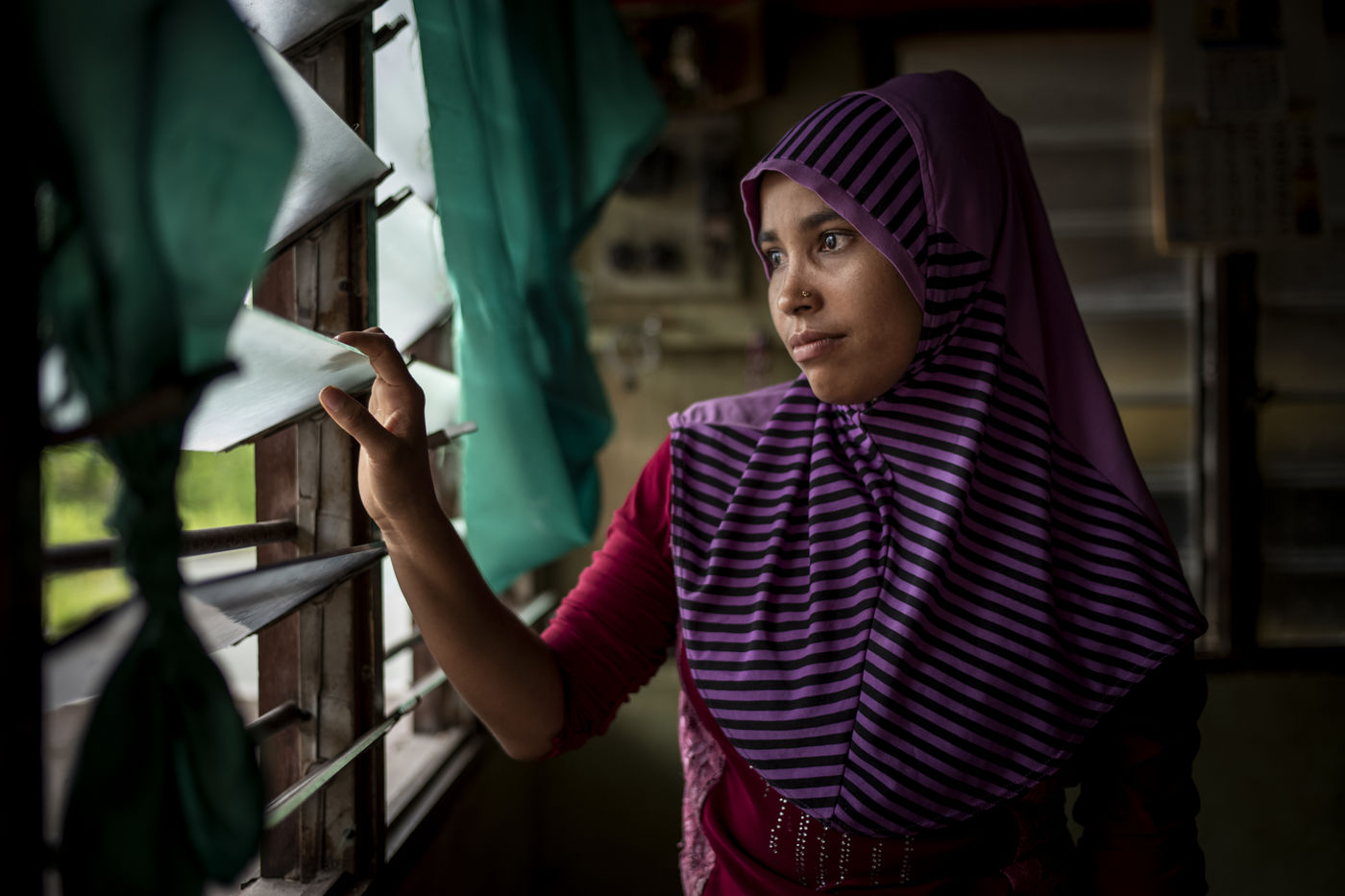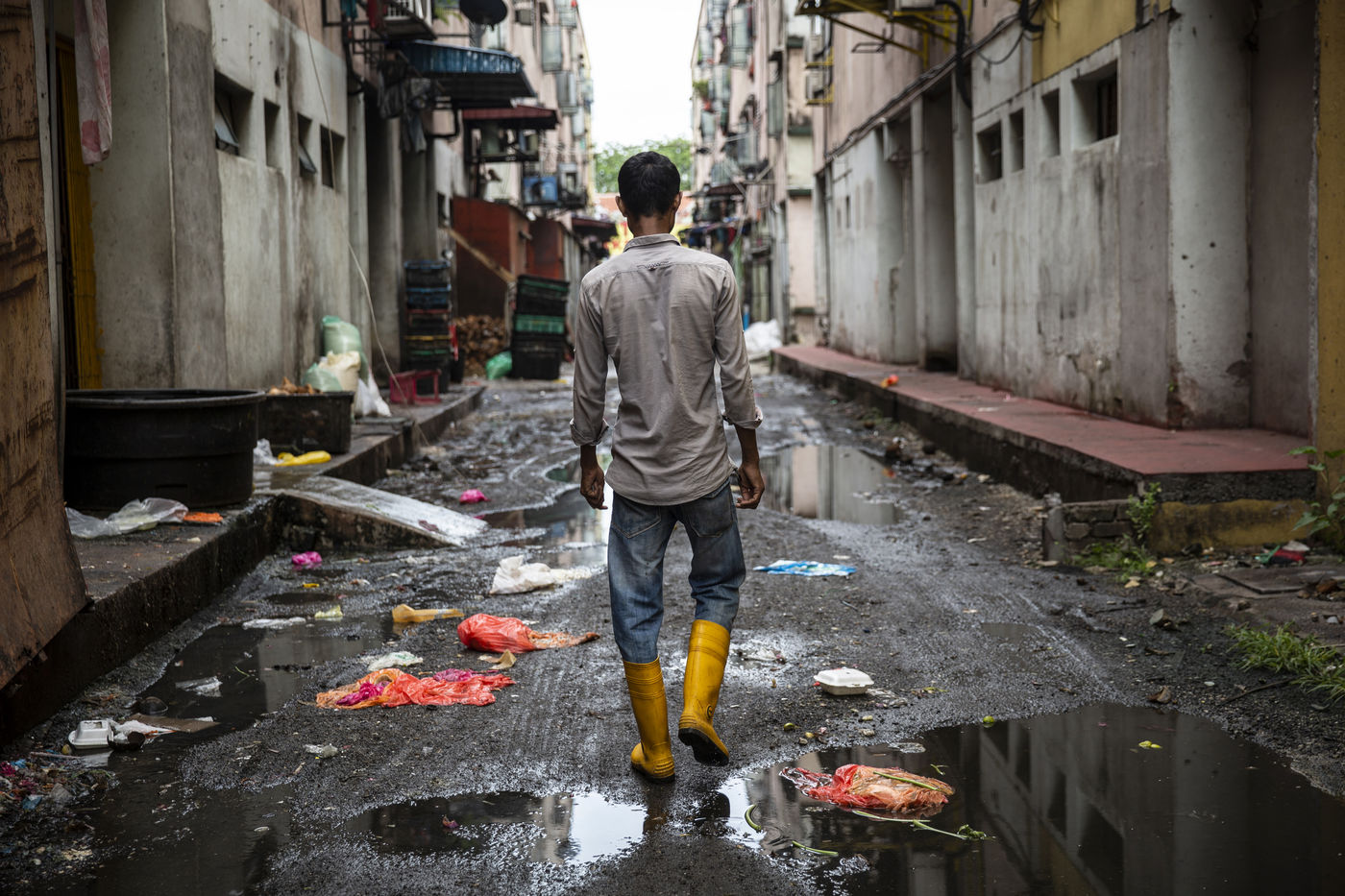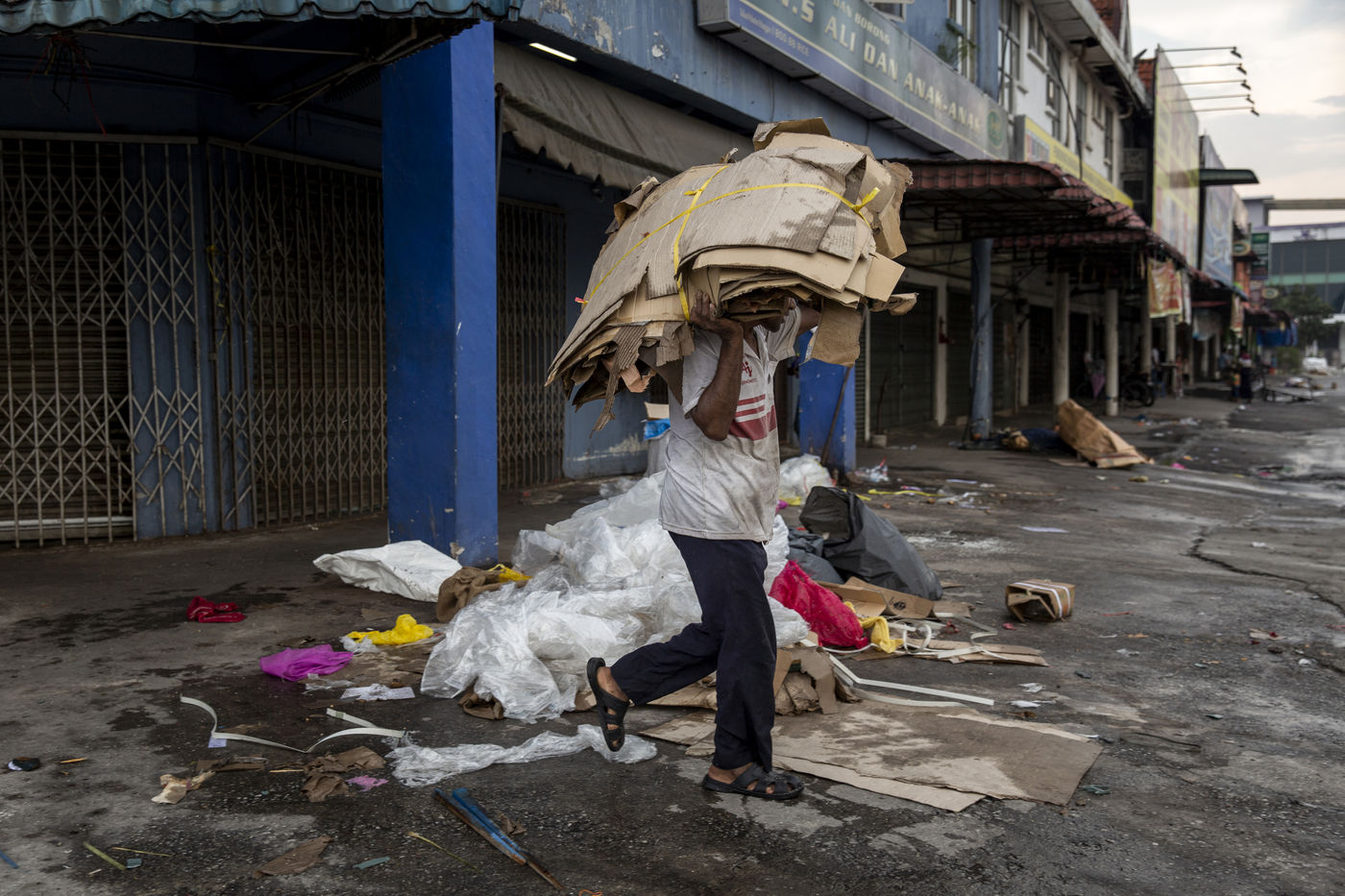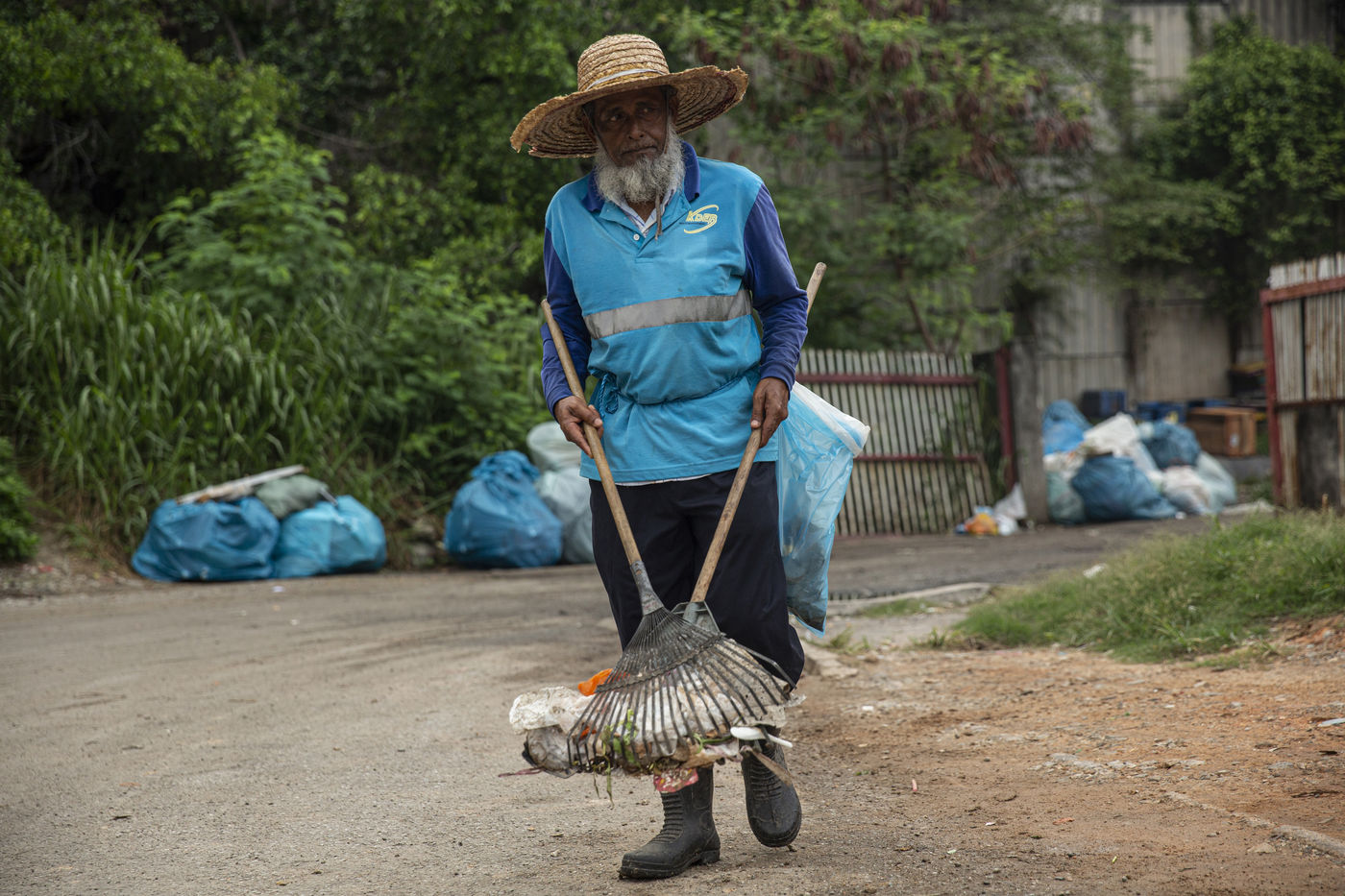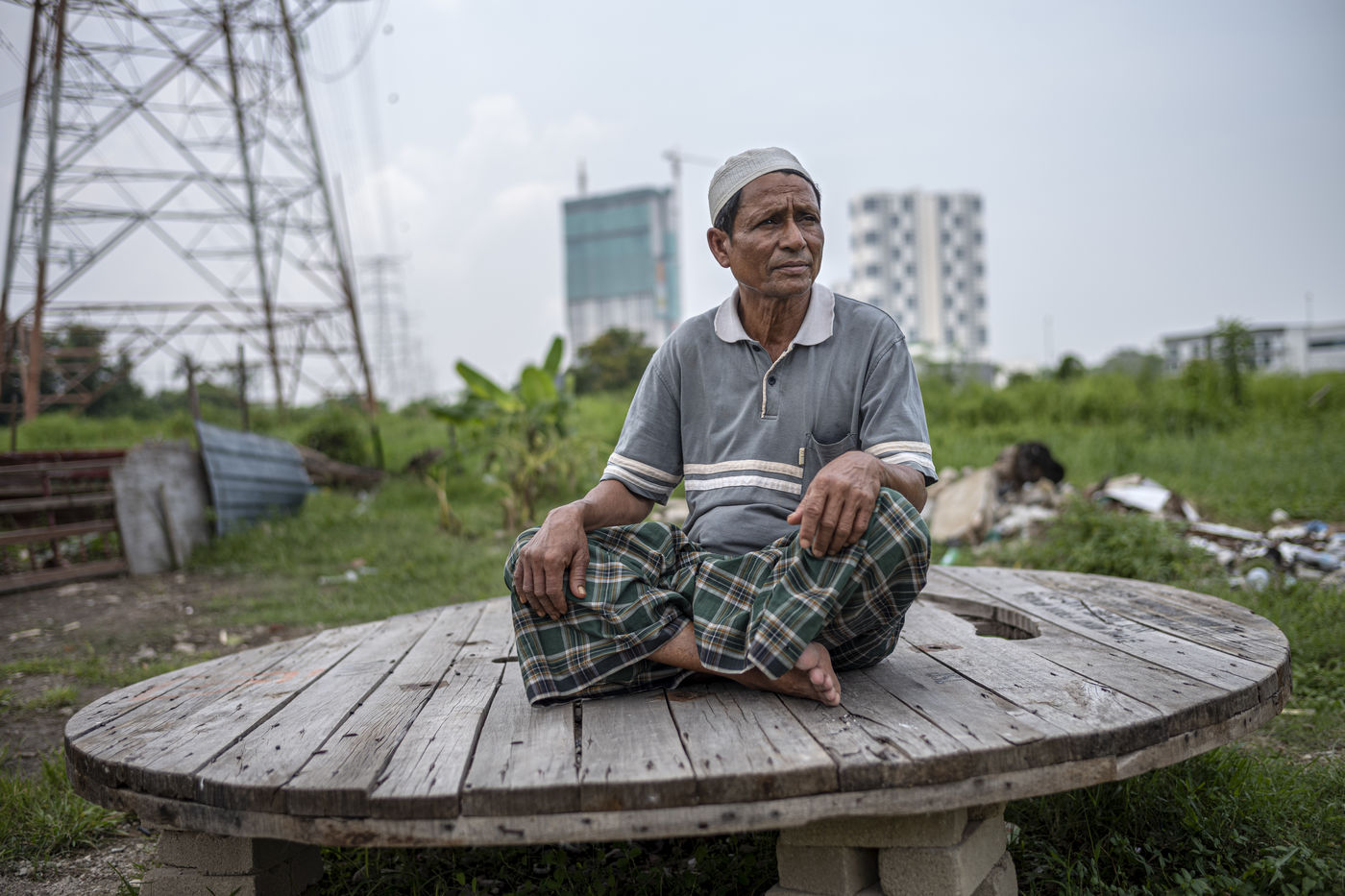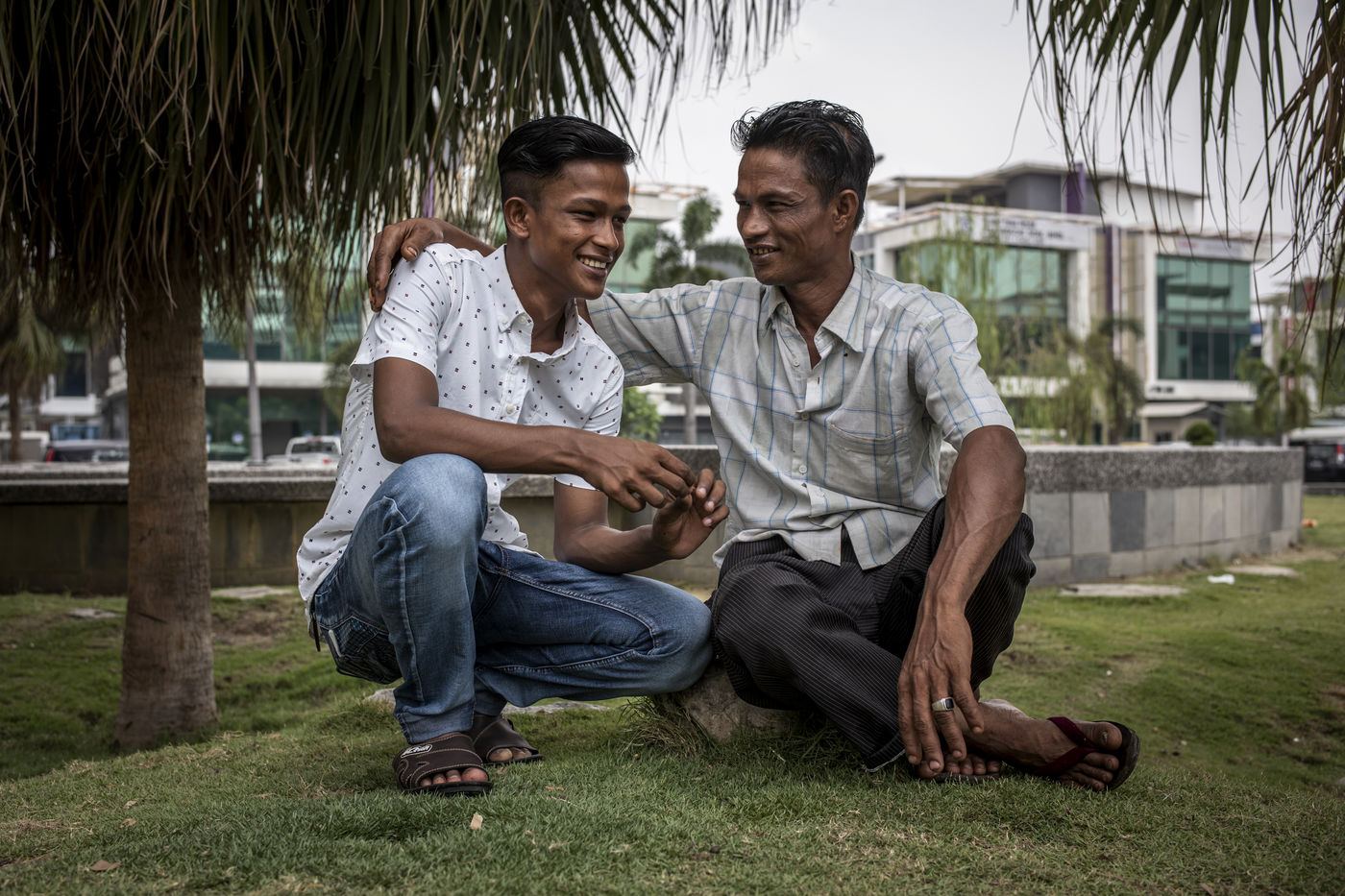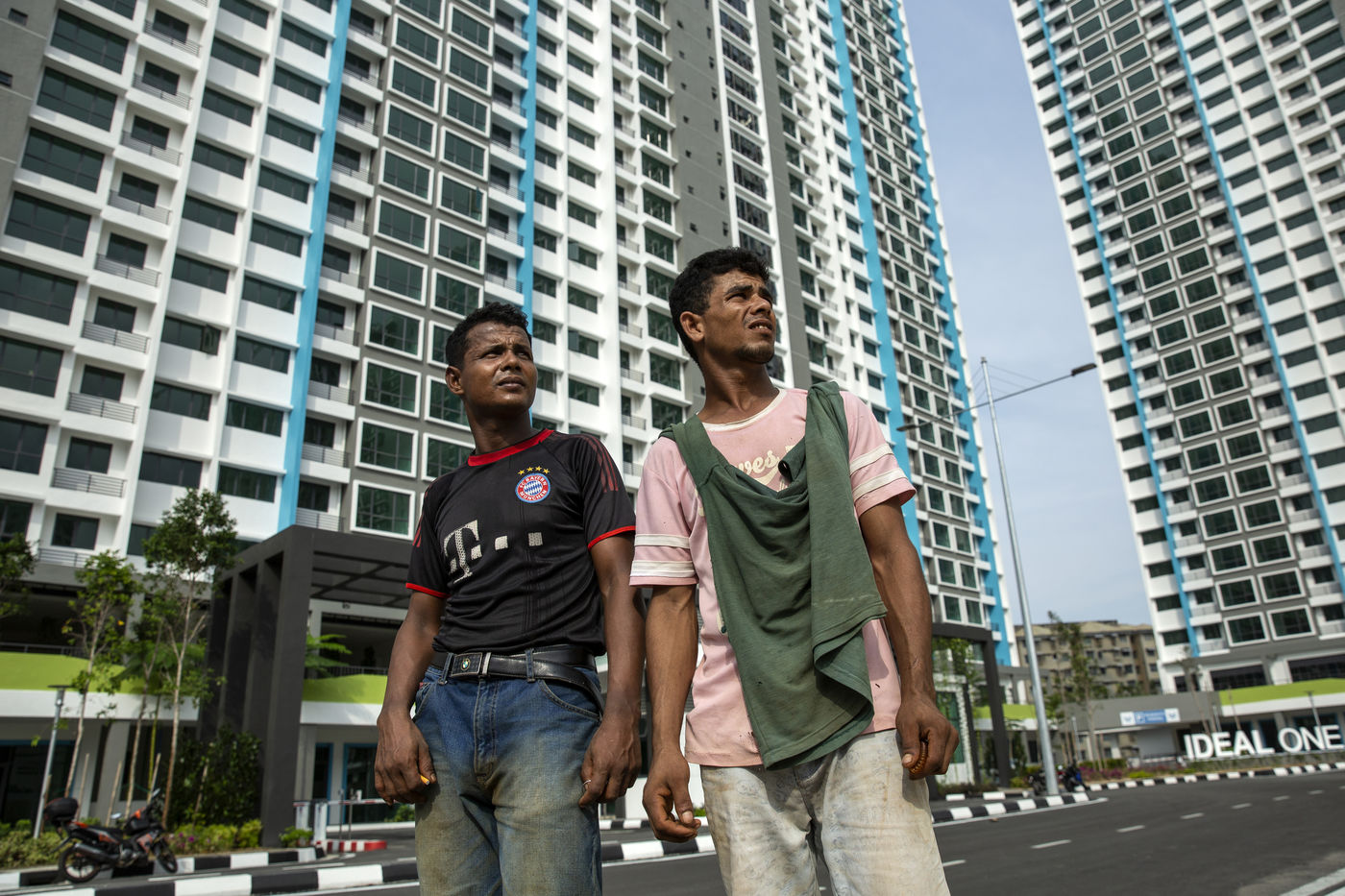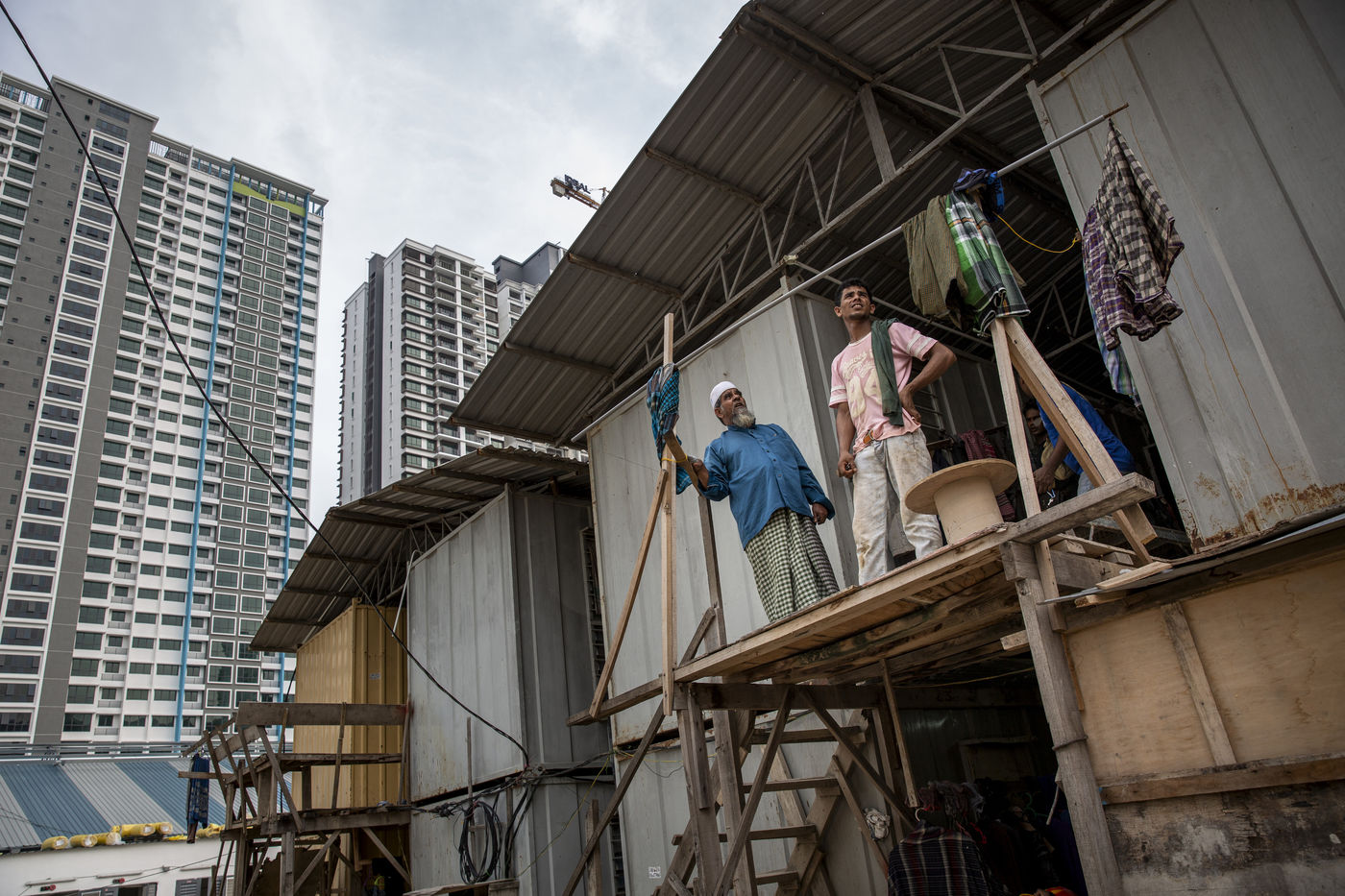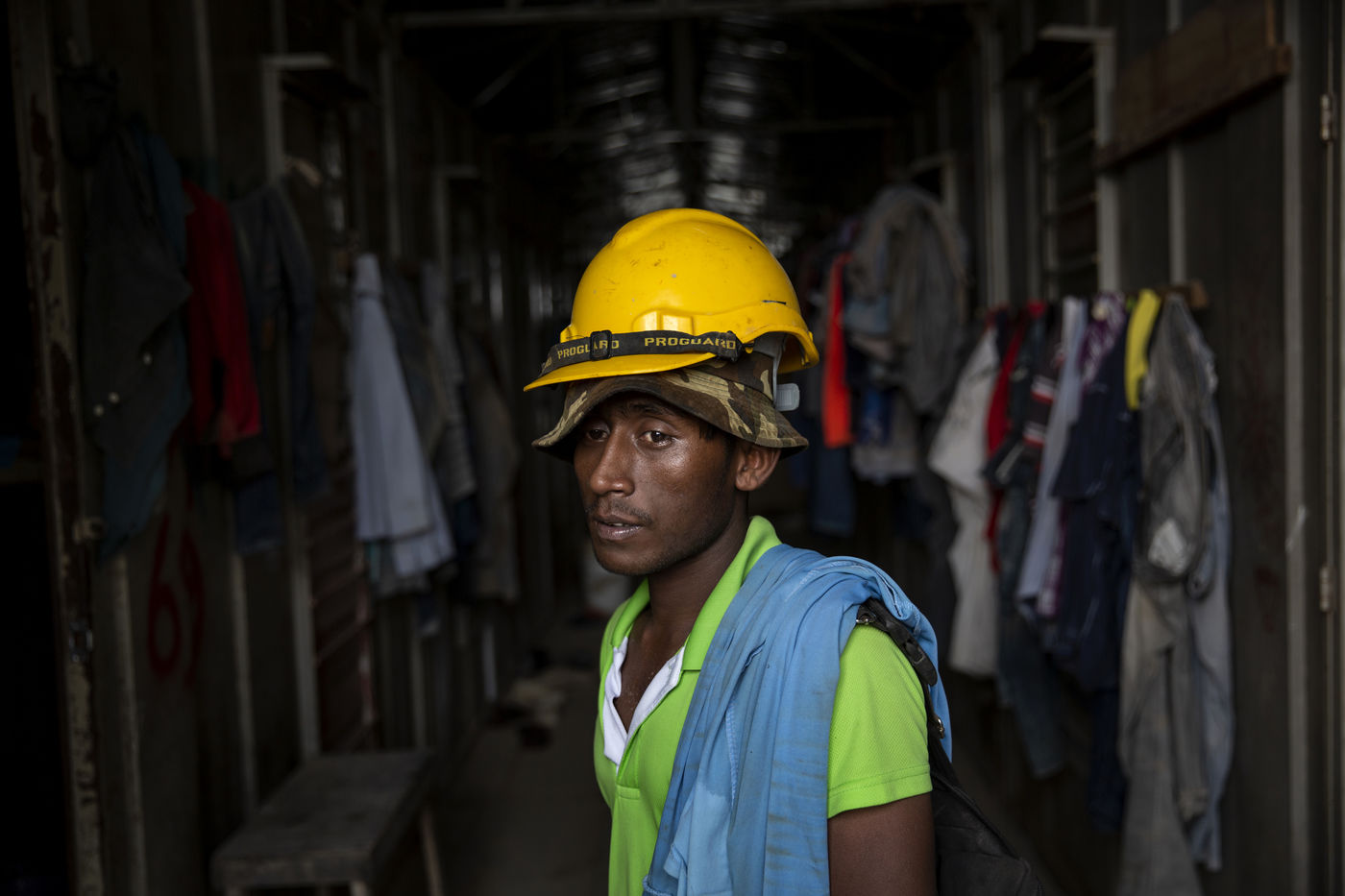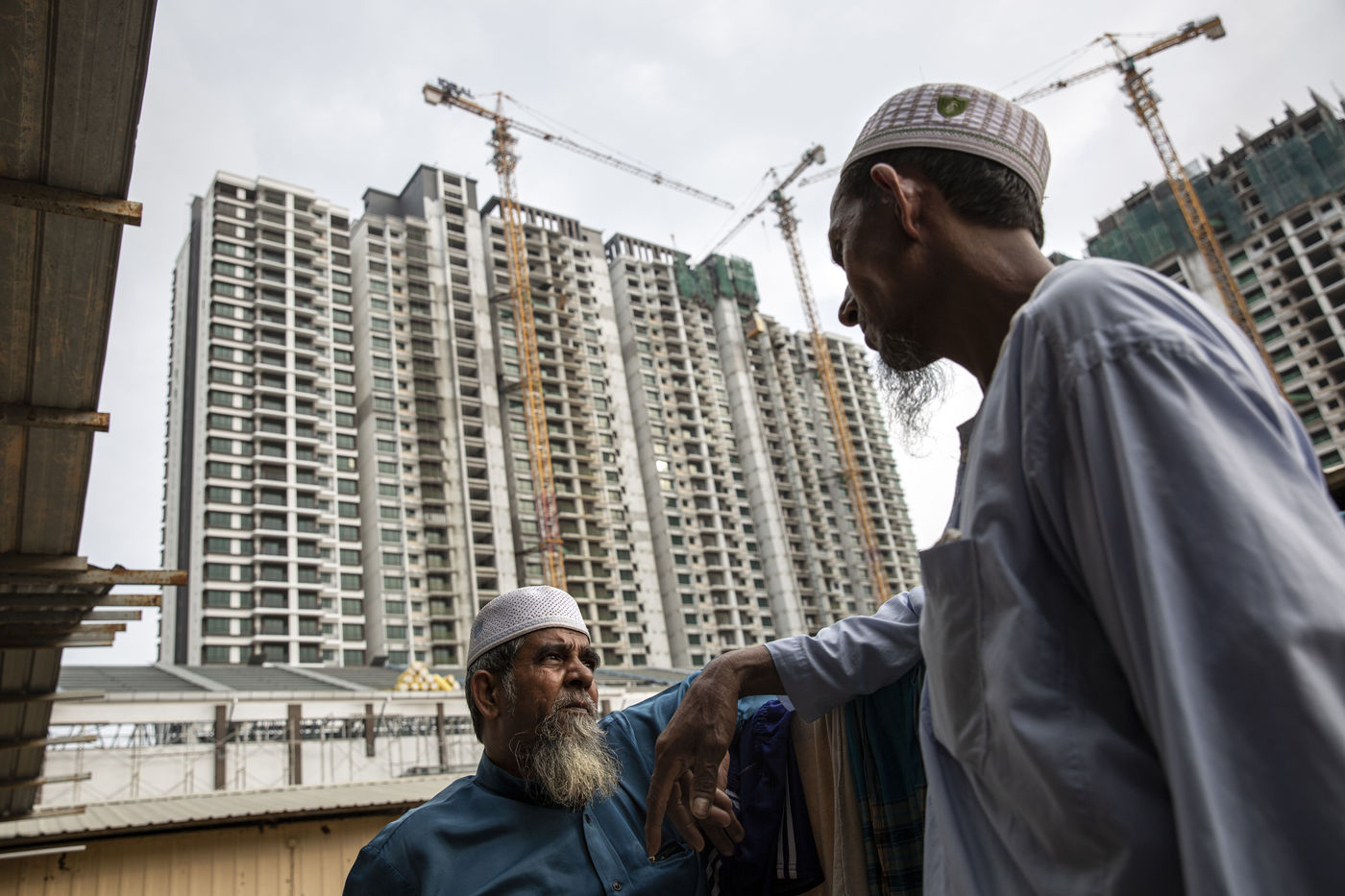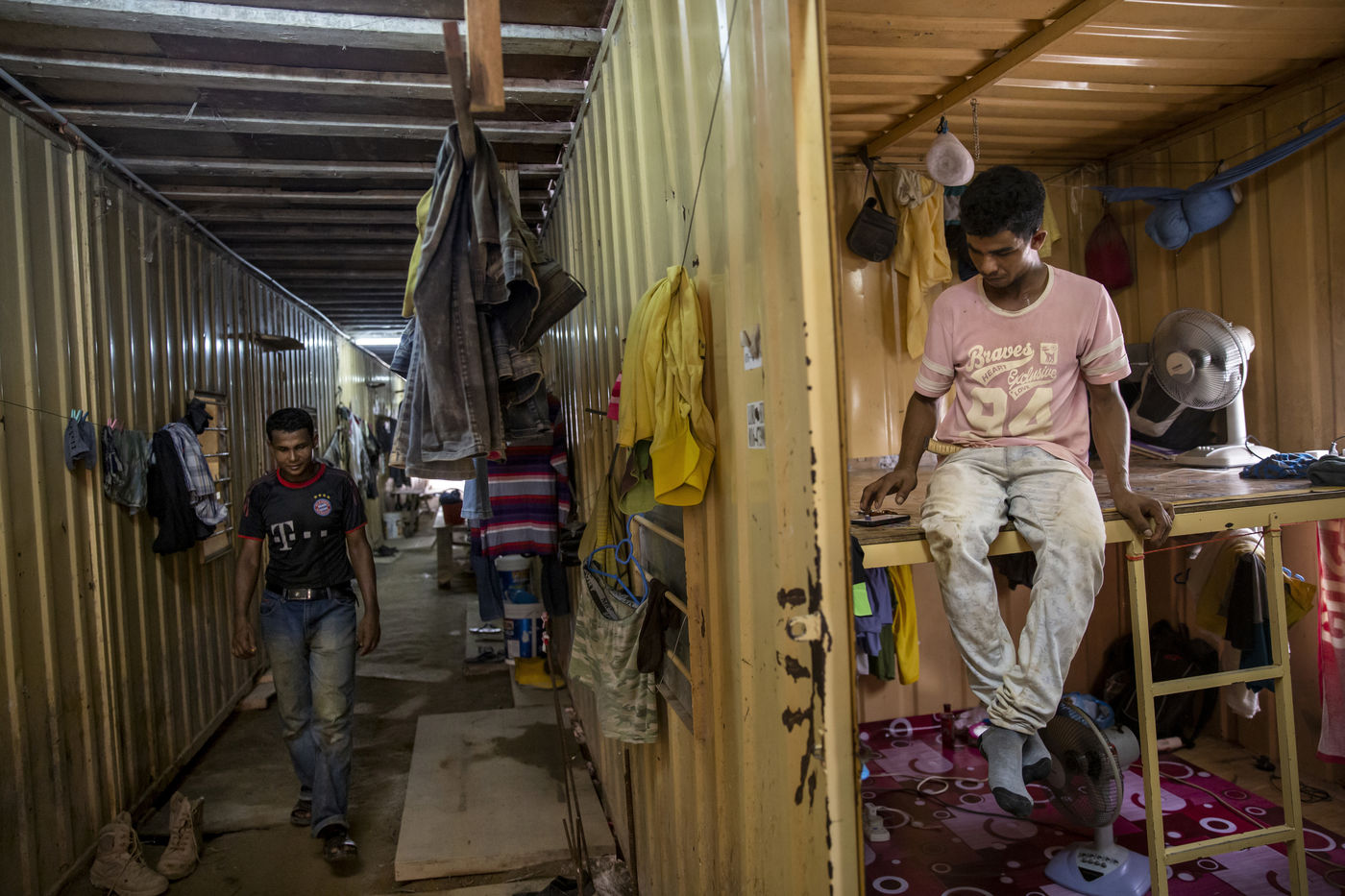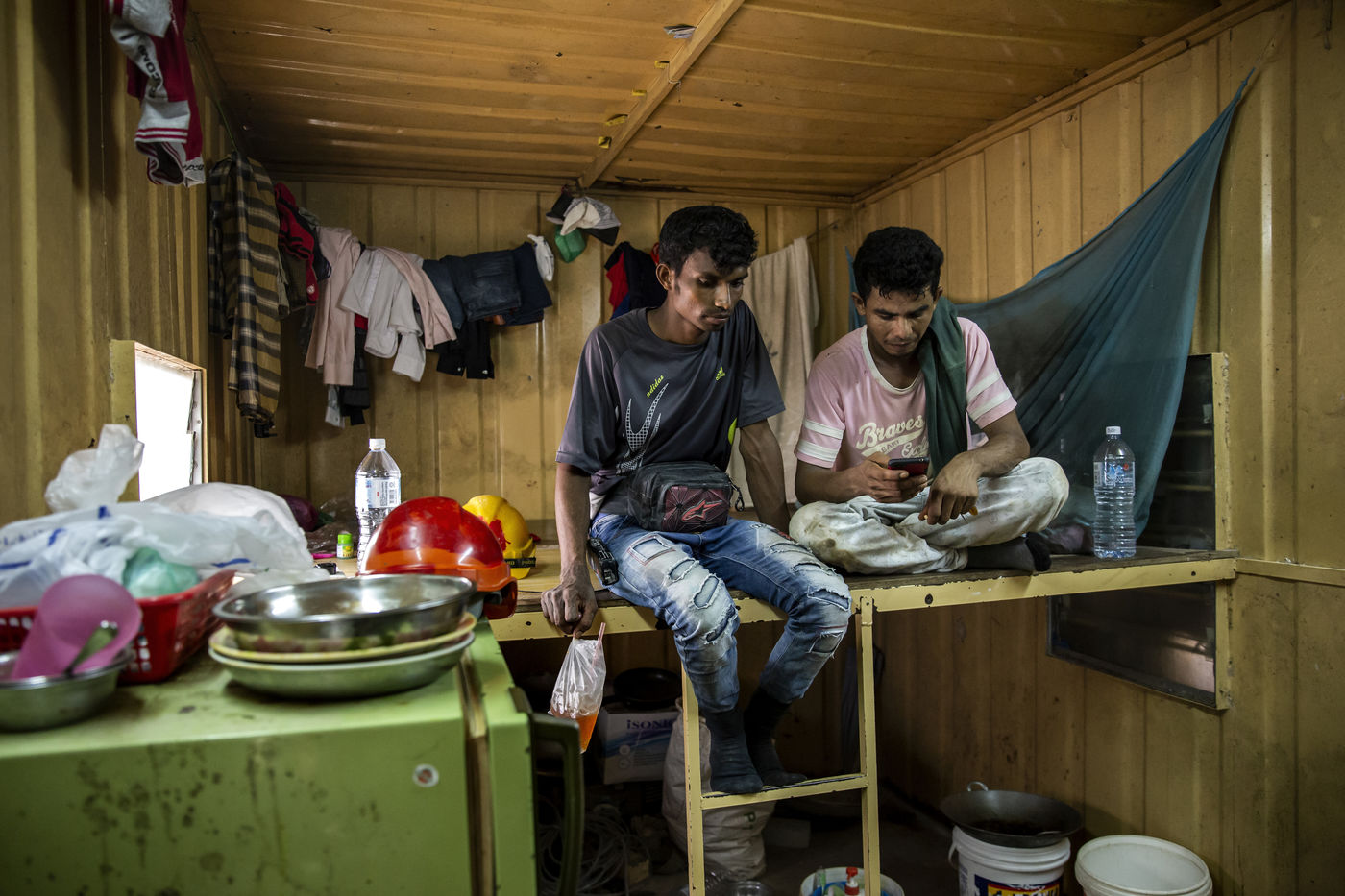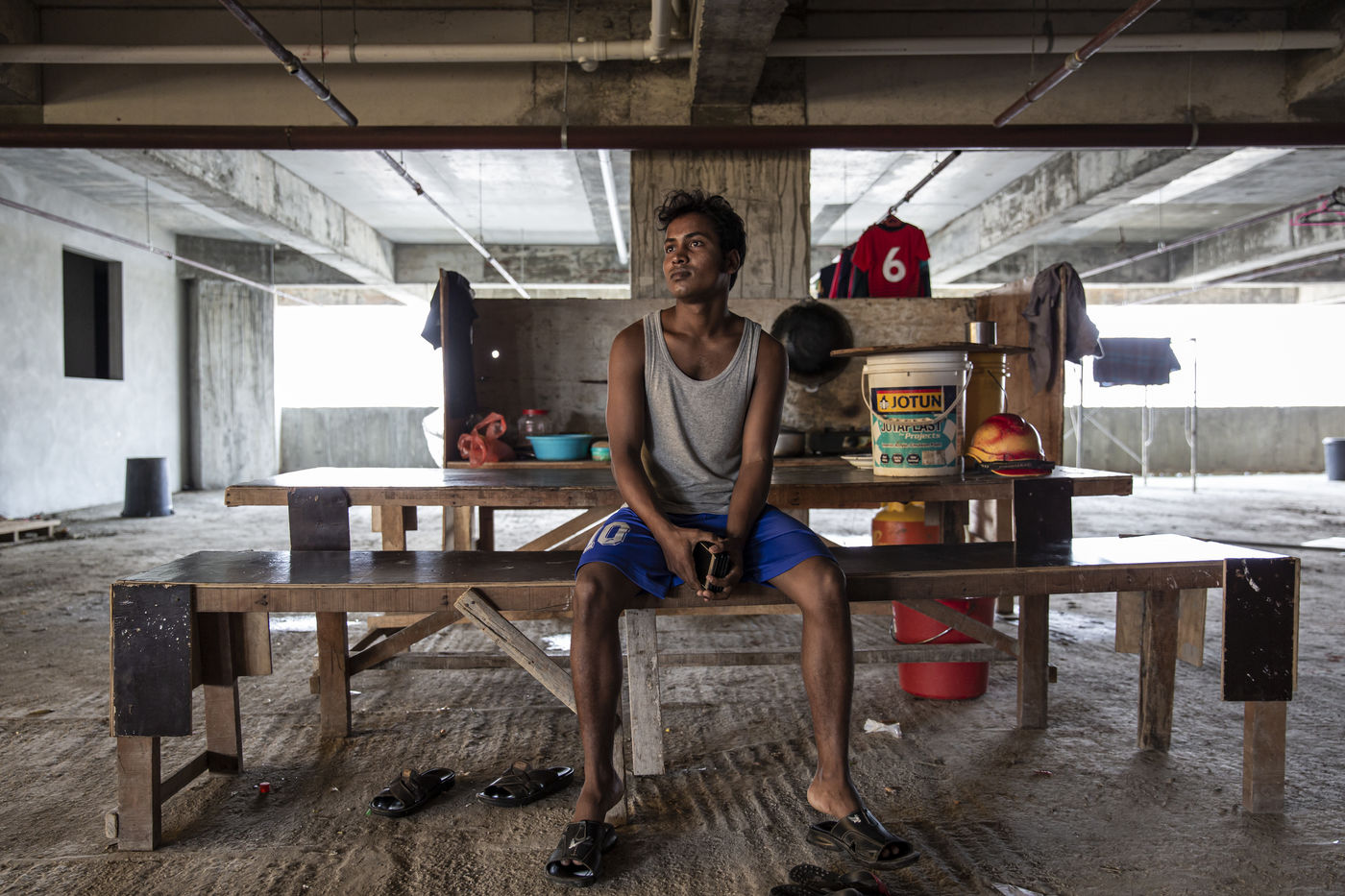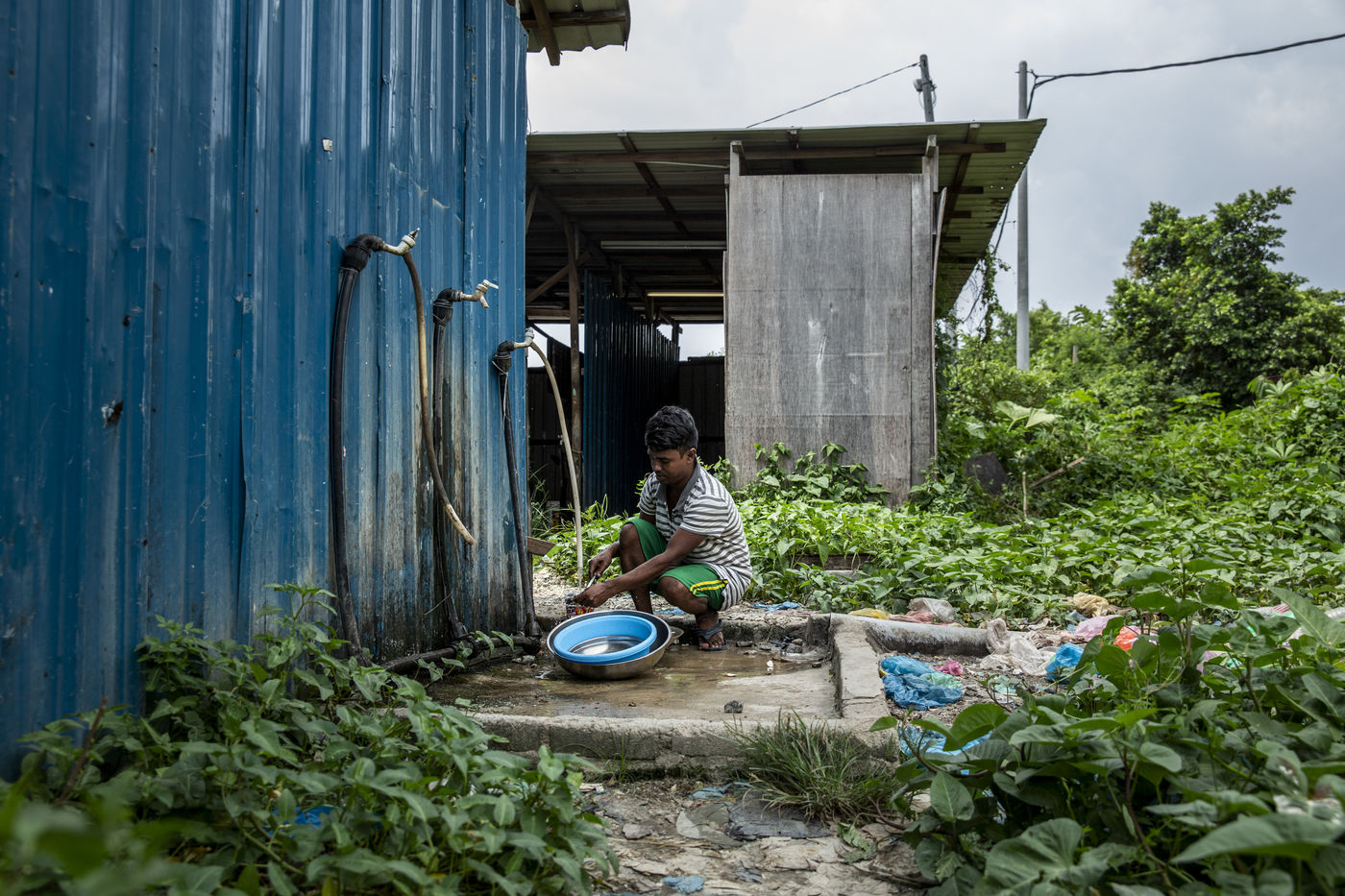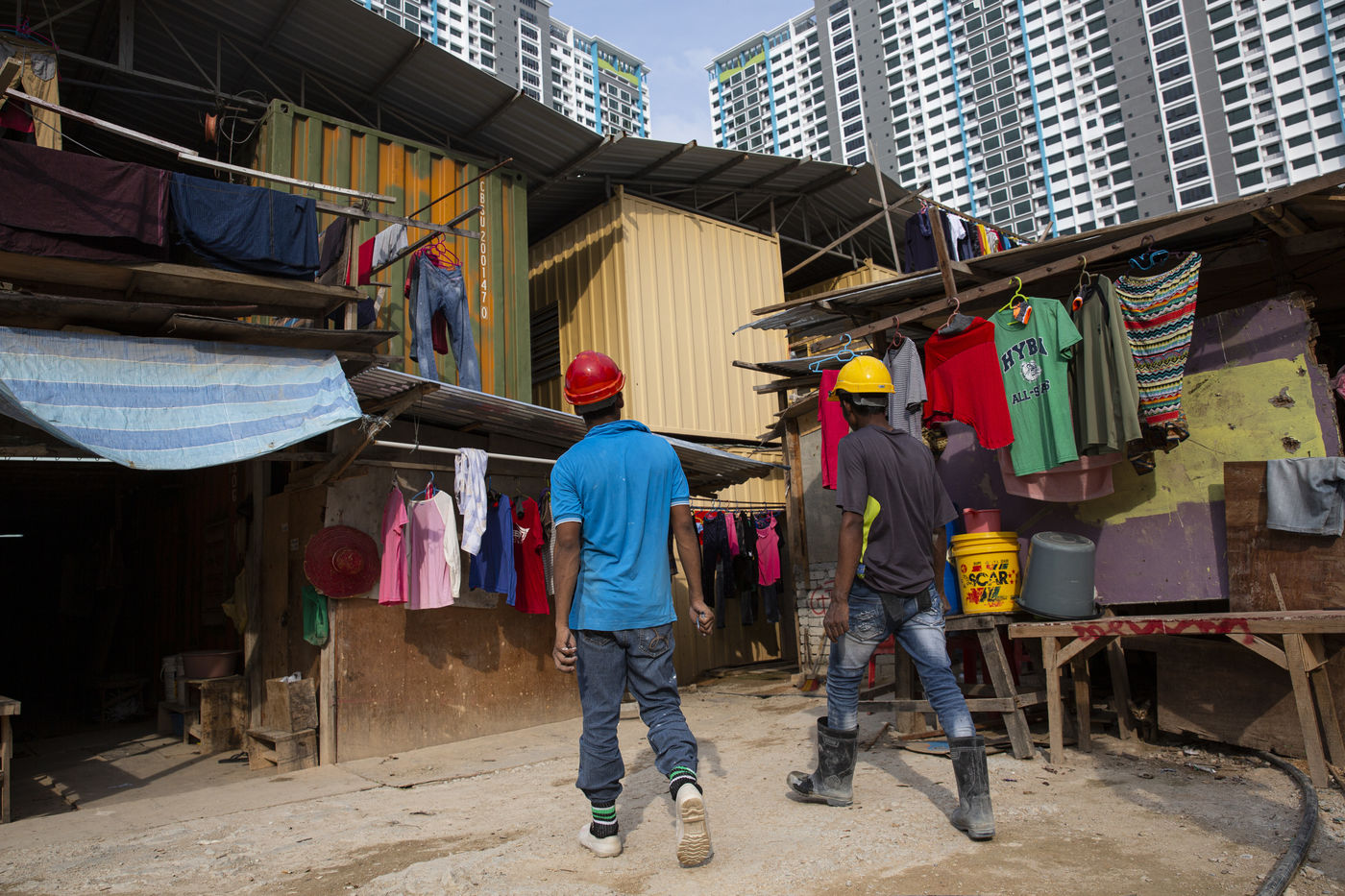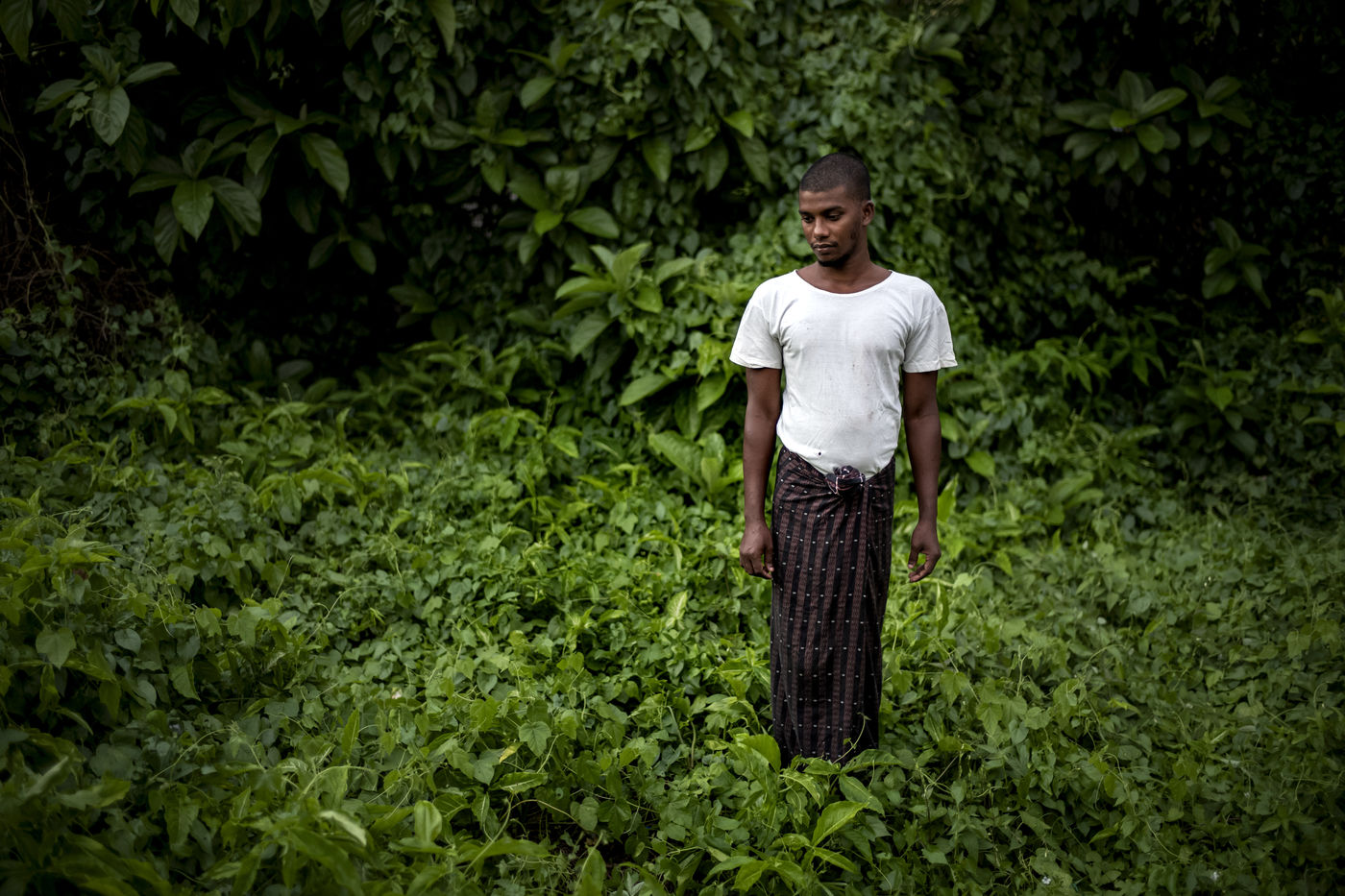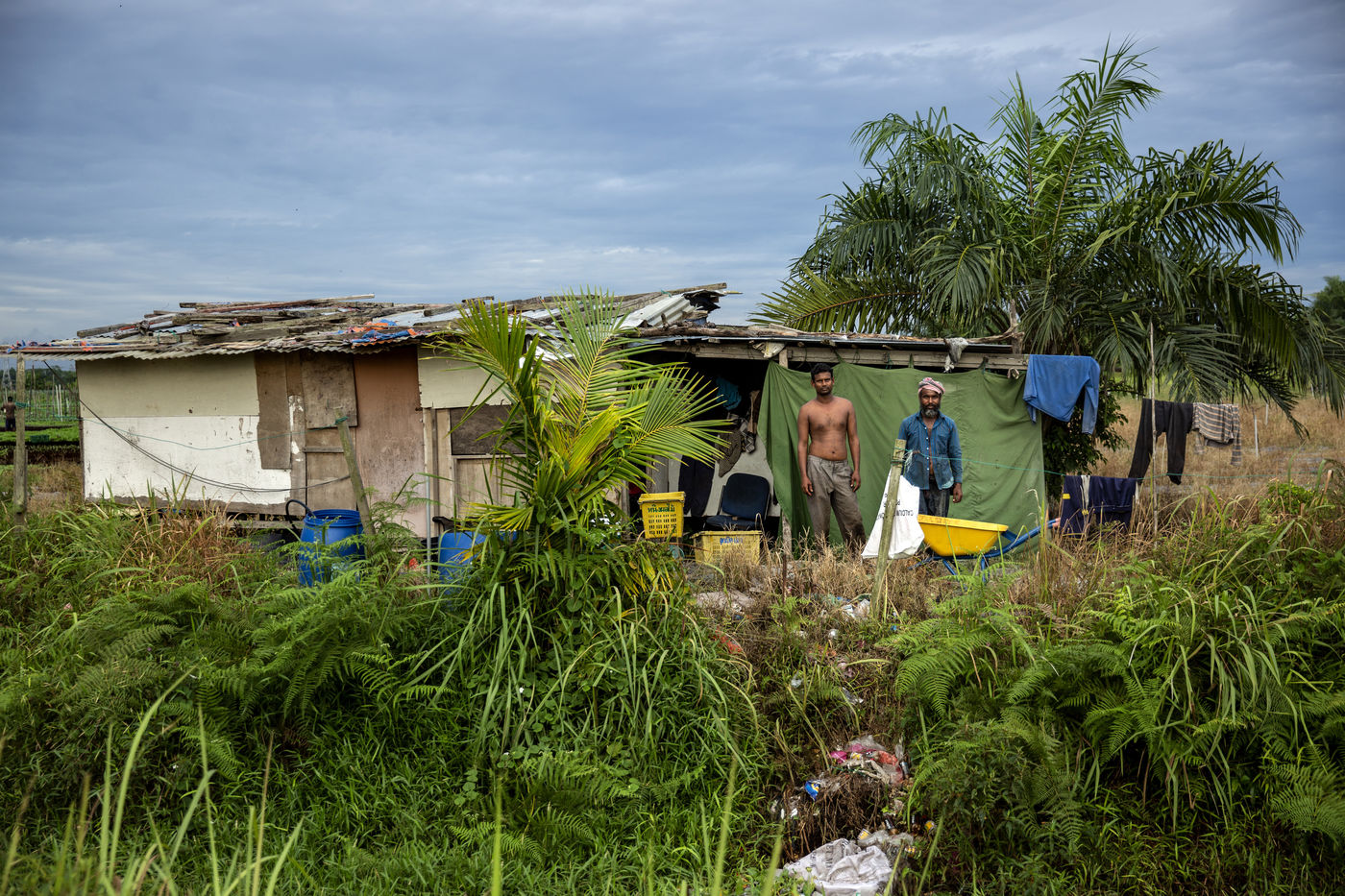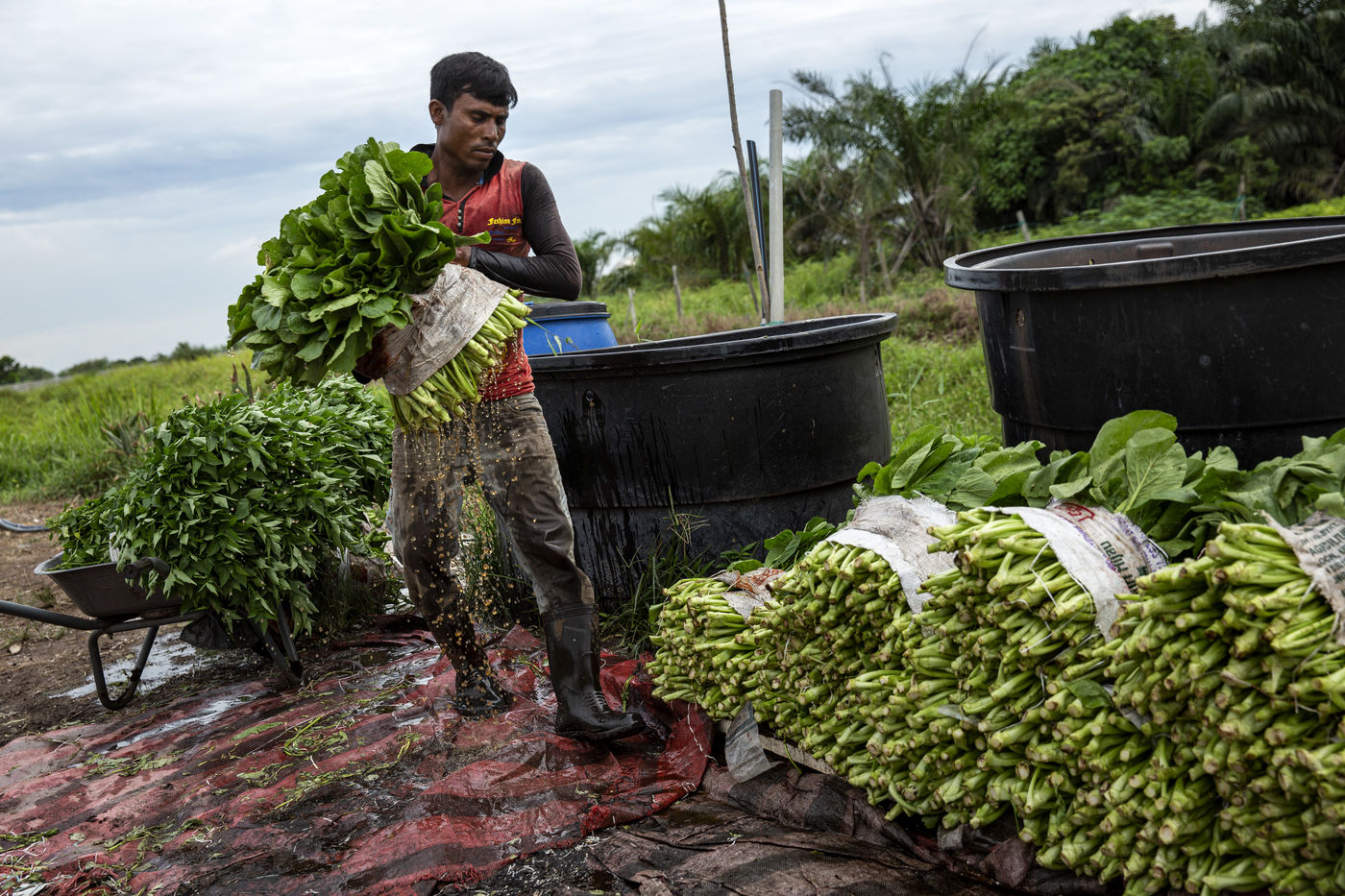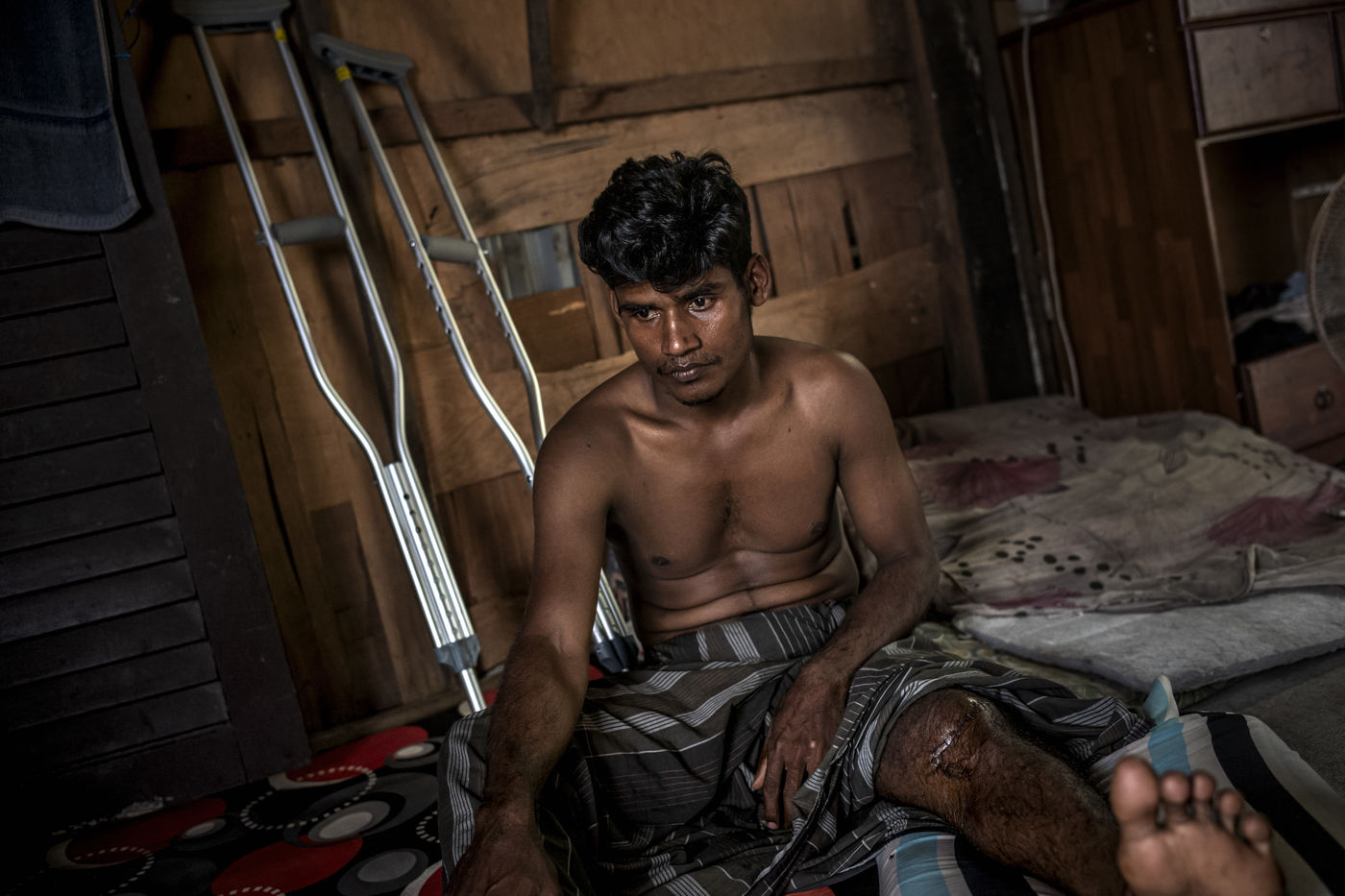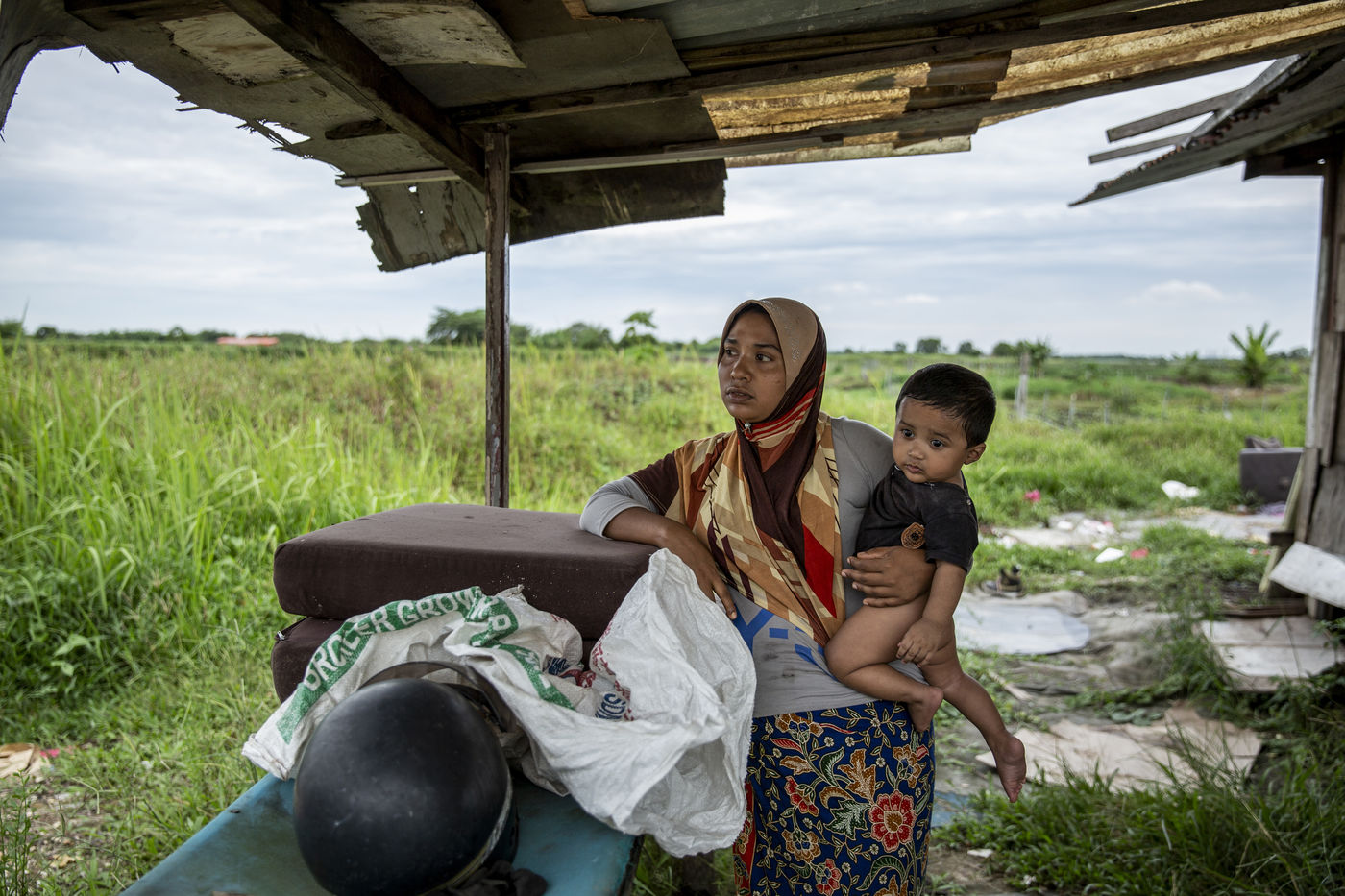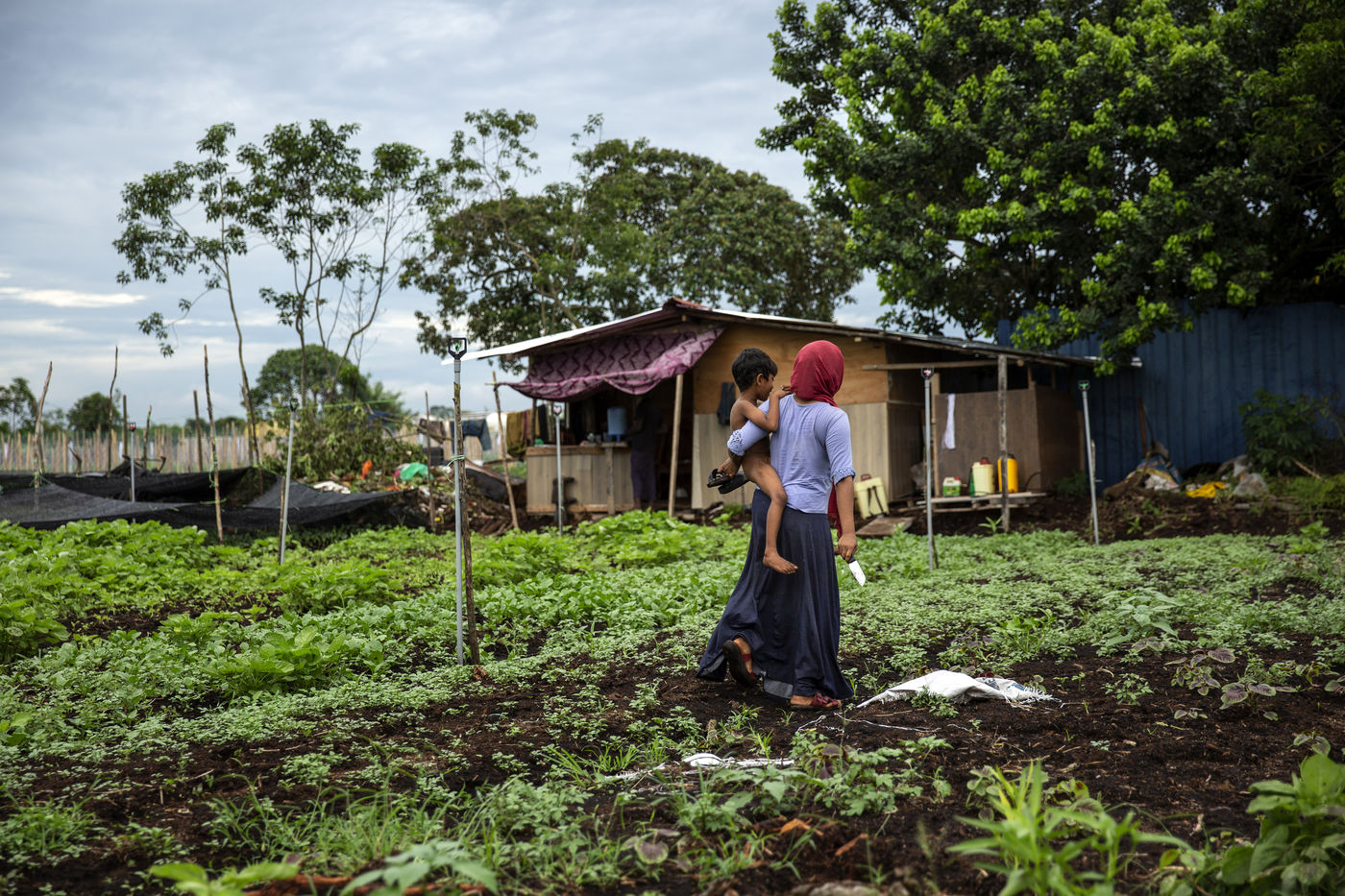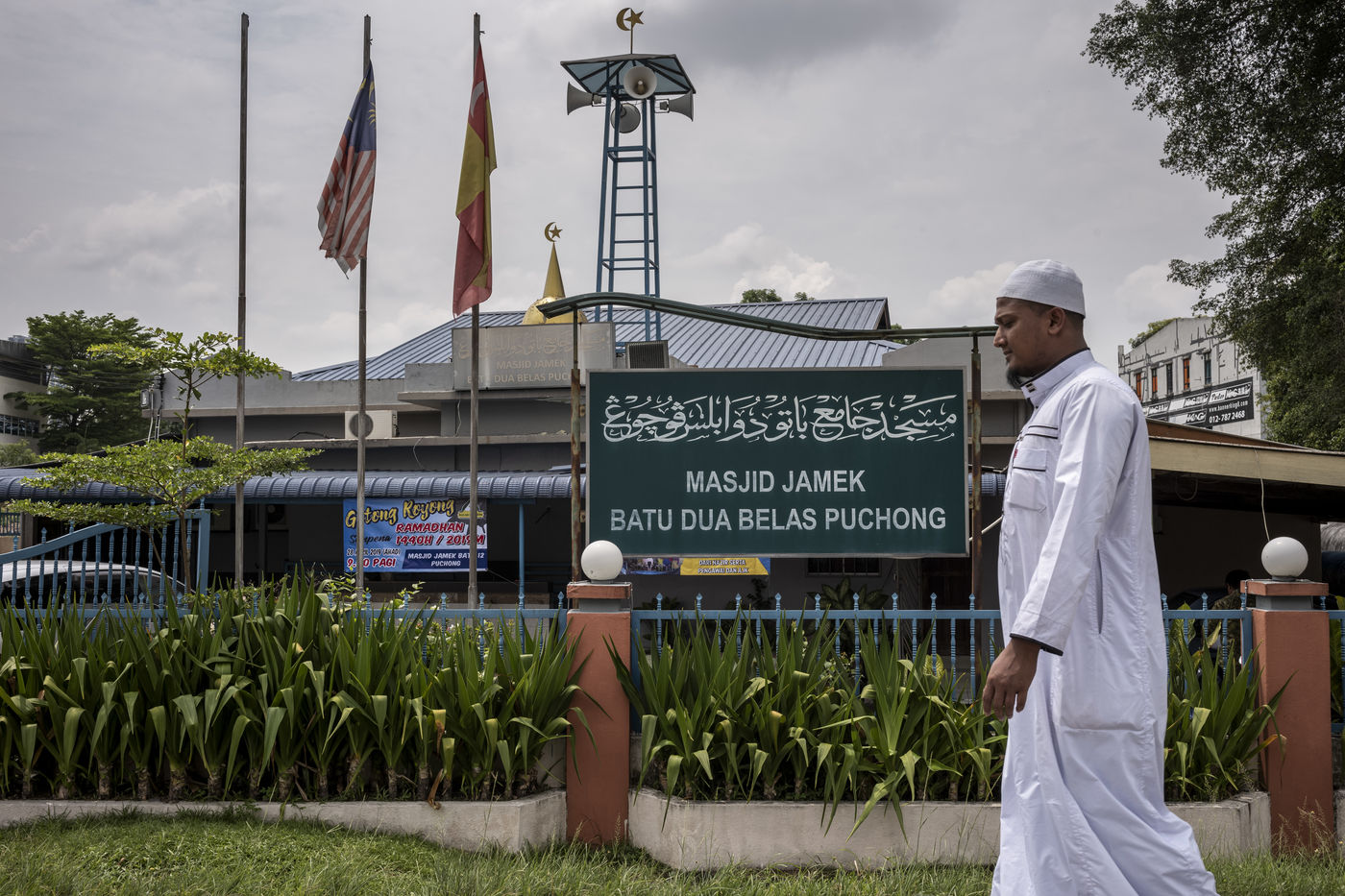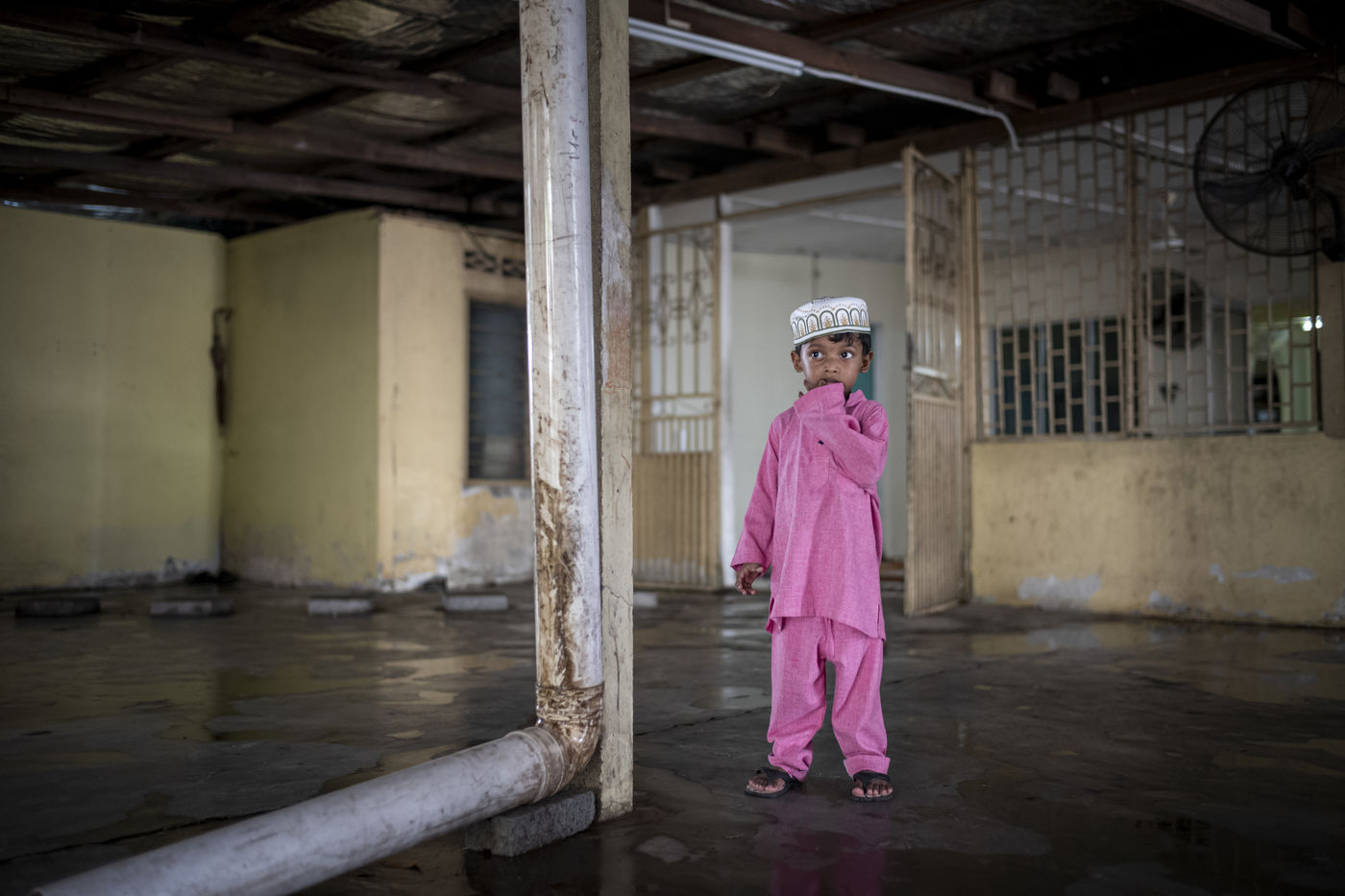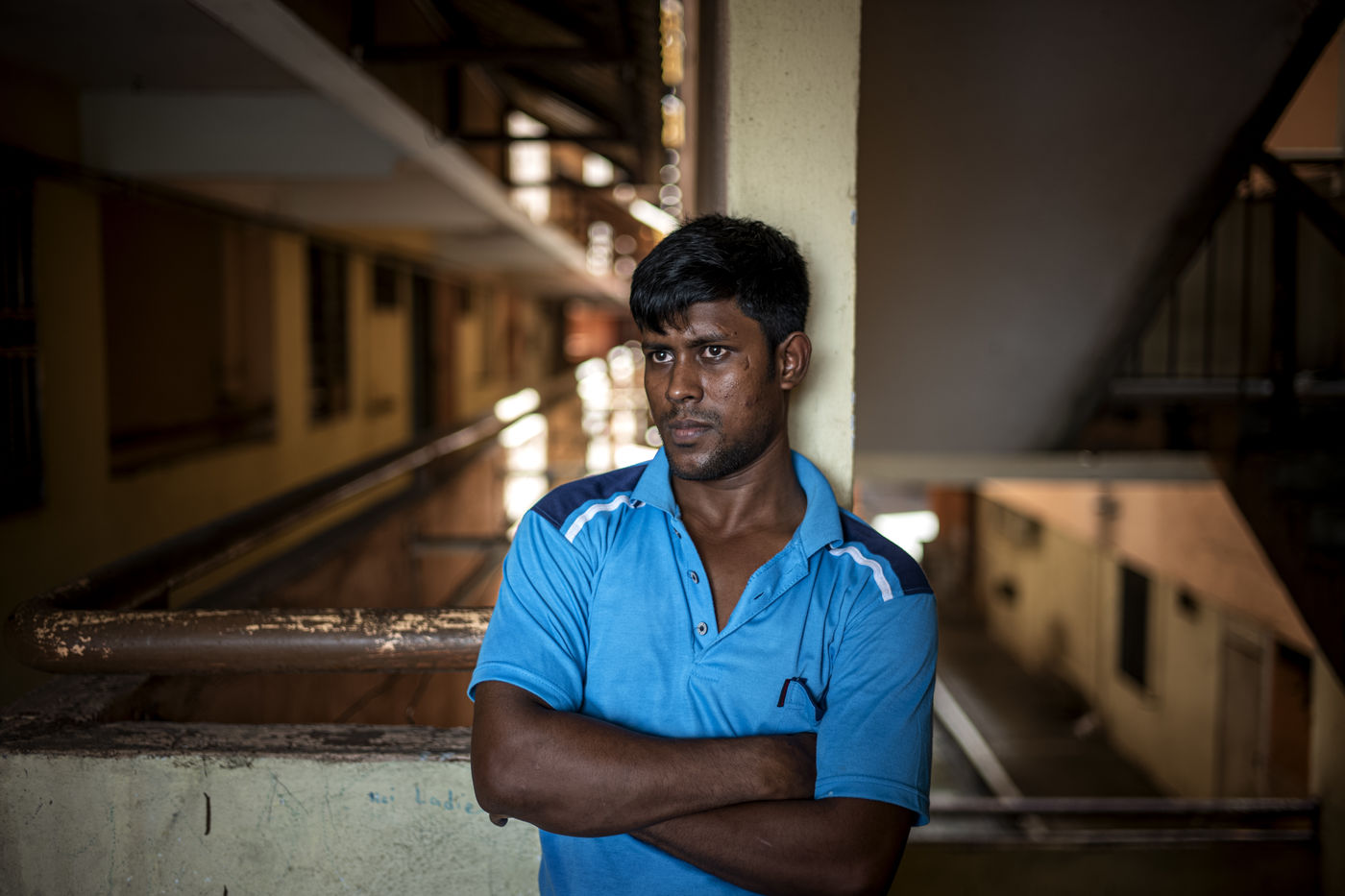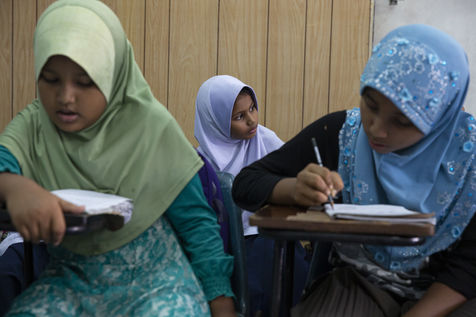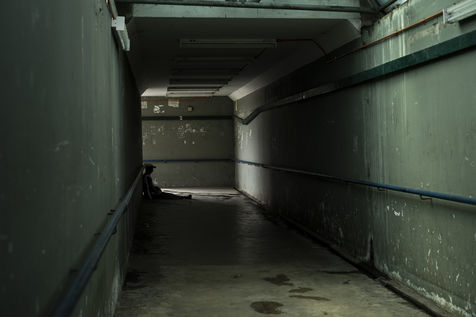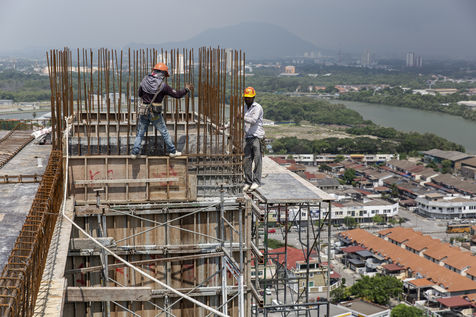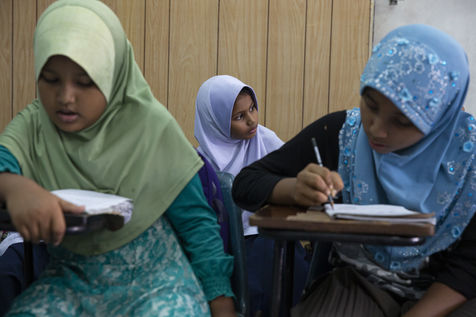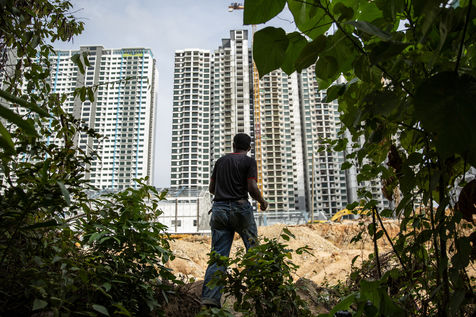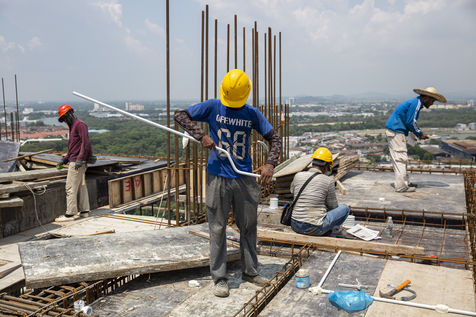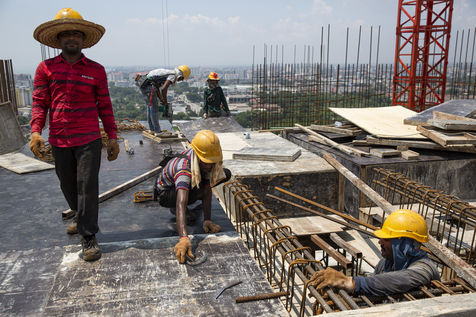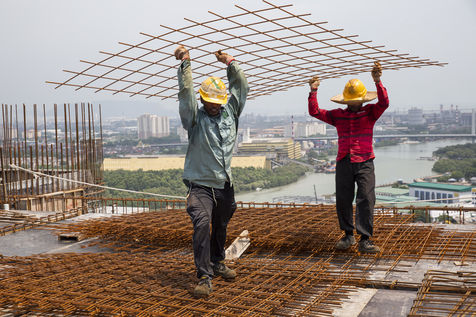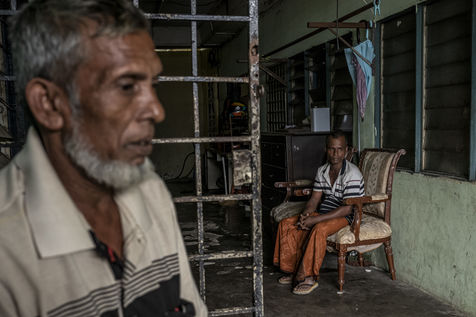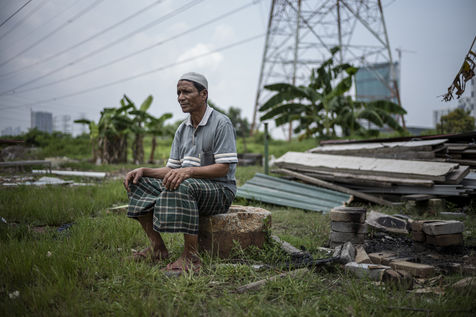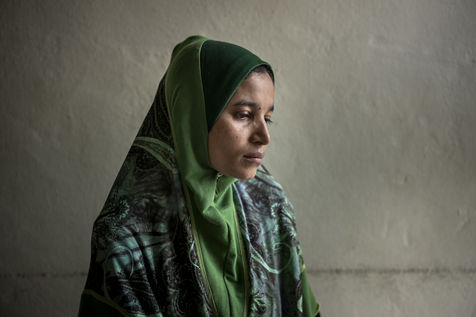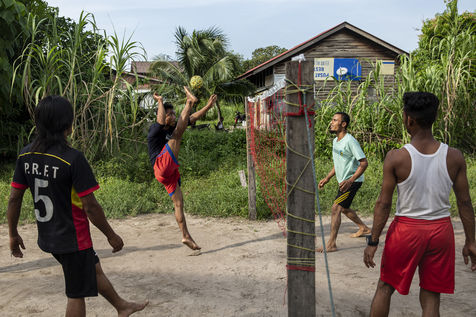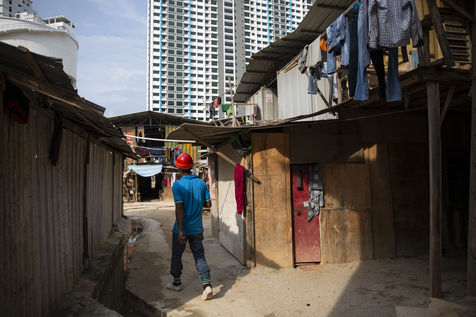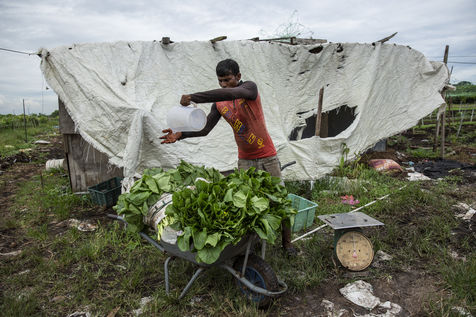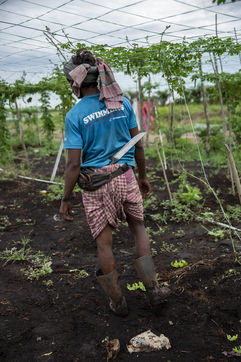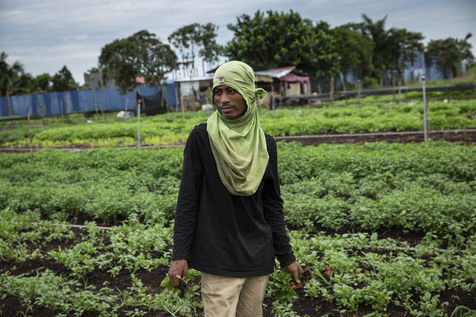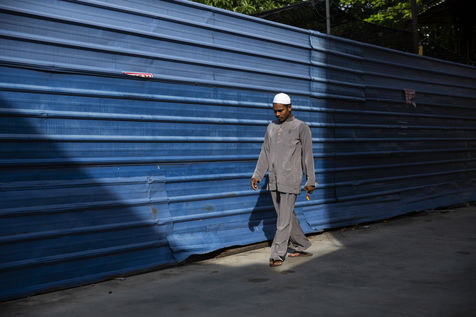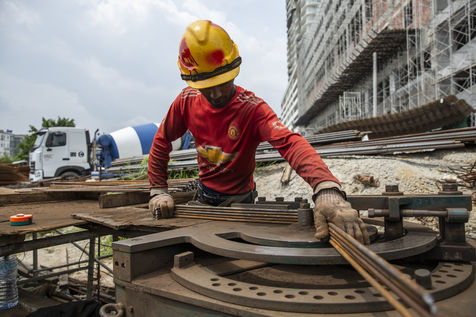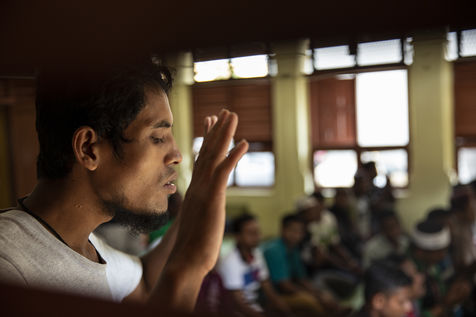Rohingyas, les petites mains de Malaisie
Déchus de leur nationalité par le gouvernement birman les Rohingyas sont les victimes d'un nettoyage ethnique planifié. Chassés de leur pays, l'exil est leur seul salut.
En 2017, dans l'urgence, ils sont 700 000 à rejoindre le Bangladesh voisin. Mais beaucoup choisissent également de tenter leur chance en Malaisie, un pays où la religion musulmane est majoritaire. Là-bas, ils espèrent obtenir le statut de réfugiés politique. Mais la Malaisie n'a jamais ratifié la convention de Génève. En d'autres termes, les Rohingyas qui arrivent sur le territoire malaisien sont considérés par les autorités comme des immigrés clandestins.
Interceptés aux frontières ou à leur arrivée sur les côtes ils sont d'abord envoyés dans des centres de détention où ils séjournent dans des conditions souvent épouvantables avant d'être enregistrés par le Haut Commissariat aux Réfugiés des Nations Unies (UNHCR). À leur sortie, ils ne jouissent pour autant d'aucun droit sur le territoire malais.
Ils n'ont pas accès aux soins ni à l'éducation. Ils se font donc discrets de peur d'être arrêtés. En 2015, suite à la découverte de charniers de migrants dans la jungle malaise, les pays de la région ont décidé de mettre fin au trafic des passeurs. Mais depuis la crise de 2017 les filières clandestines ont repris du service.
De nombreux Rohingyas continuent donc d'affluer vers la Malaisie depuis la Birmanie ou le Bangladesh dans l'espoir de trouver un travail et vivre un semblant de vie meilleure. La plupart tente l'aventure afin de pouvoir aider leur famille restée dans les camps de Cox's Bazar ou en Birmanie.
Aujourd'hui on estime que plus de 120 000 Rohingyas vivent en Malaisie.
On les retrouve le plus souvent sur les chantiers de constructions, dans les plantations agricoles ou les arrière-cuisines des restaurants. Cette main-d'oeuvre docile et bon marché est une aubaine pour ce pays en plein essor.
Ils travaillent 12 heures par jours, 7 jours sur 7. Ils logent le plus souvent dans des containers qu'ils se partagent à huit personnes. Sur les chantiers, les accidents ne sont pas rares. Le destin de ces travailleurs non déclarés prend alors une tournure plus que dramatique.
Exploités et victimes du racket d'agents de police corrompus, les Rohingyas de Malaisie se retrouvent prisonniers d'une errance non souhaitée.
Rohingyas, little hands of Malaysia
Deprived of their nationality by the Burmese government, the Rohingyas are victims of planned ethnic cleansing. Forced out of their country, exile is their only hope.
In 2017, in an emergency, 700,000 Rohingyas will be forced to flee to neighbouring Bangladesh. But many are also choosing to try their luck in Malaysia, a country where the Muslim religion is in the majority. There, they hope to obtain political refugee status. But Malaysia has never ratified the Geneva Convention. In other words, the Rohingyas who arrive on Malaysian territory are considered illegal immigrants by the authorities.
Intercepted at the borders or upon arrival on the coast, they are first sent to detention centres where they stay in often appalling conditions before being registered by the United Nations High Commissioner for Refugees (UNHCR). When they leave, they do not enjoy any rights on Malaysian territory.
They have no access to health care or education. They therefore keep a low profile for fear of being arrested. In 2015, following the discovery of migrant mass graves in the Malaysian jungle, the countries of the region decided to end the smuggling of migrants. But since the crisis of 2017, the clandestine networks have resumed their activities.
Many Rohingya continue to flock to Malaysia from Burma or Bangladesh in the hope of finding work and a semblance of a better life. Most of them are trying the adventure so that they can help their families back in the camps in Cox's Bazaar or in Burma.
Today, it is estimated that more than 120,000 Rohingya live in Malaysia.
They are most often found on construction sites, in agricultural plantations or in the back-kitchens of restaurants. This cheap and docile labour force is a godsend for this booming country.
They work 12 hours a day, 7 days a week. They usually live in containers that they share with eight people. Accidents are not uncommon on construction sites. The fate of these undeclared workers then takes a more than dramatic turn.
Exploited and victims of racketeering by corrupt police officers, the Rohingyas of Malaysia find themselves prisoners of an unwanted wandering.
